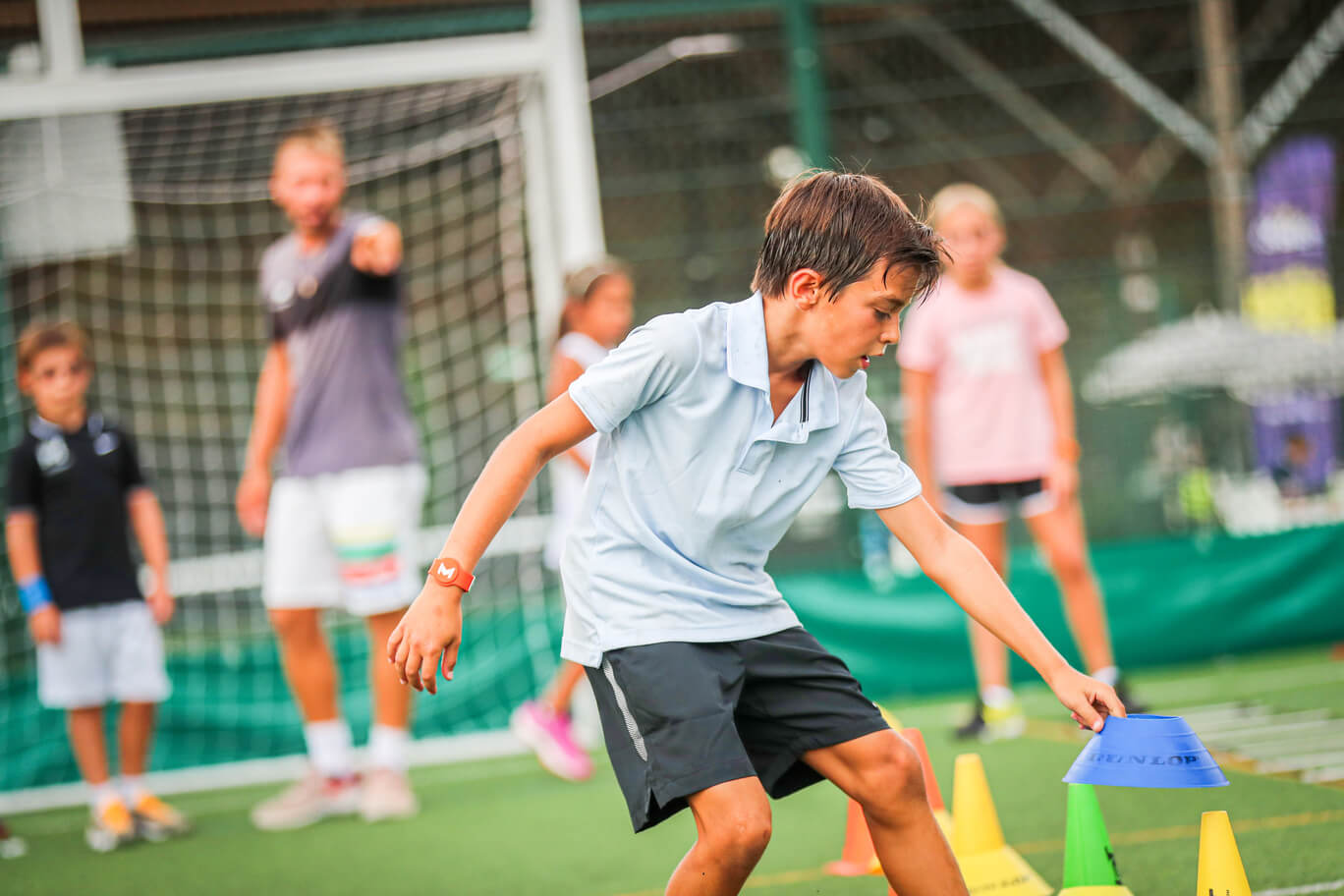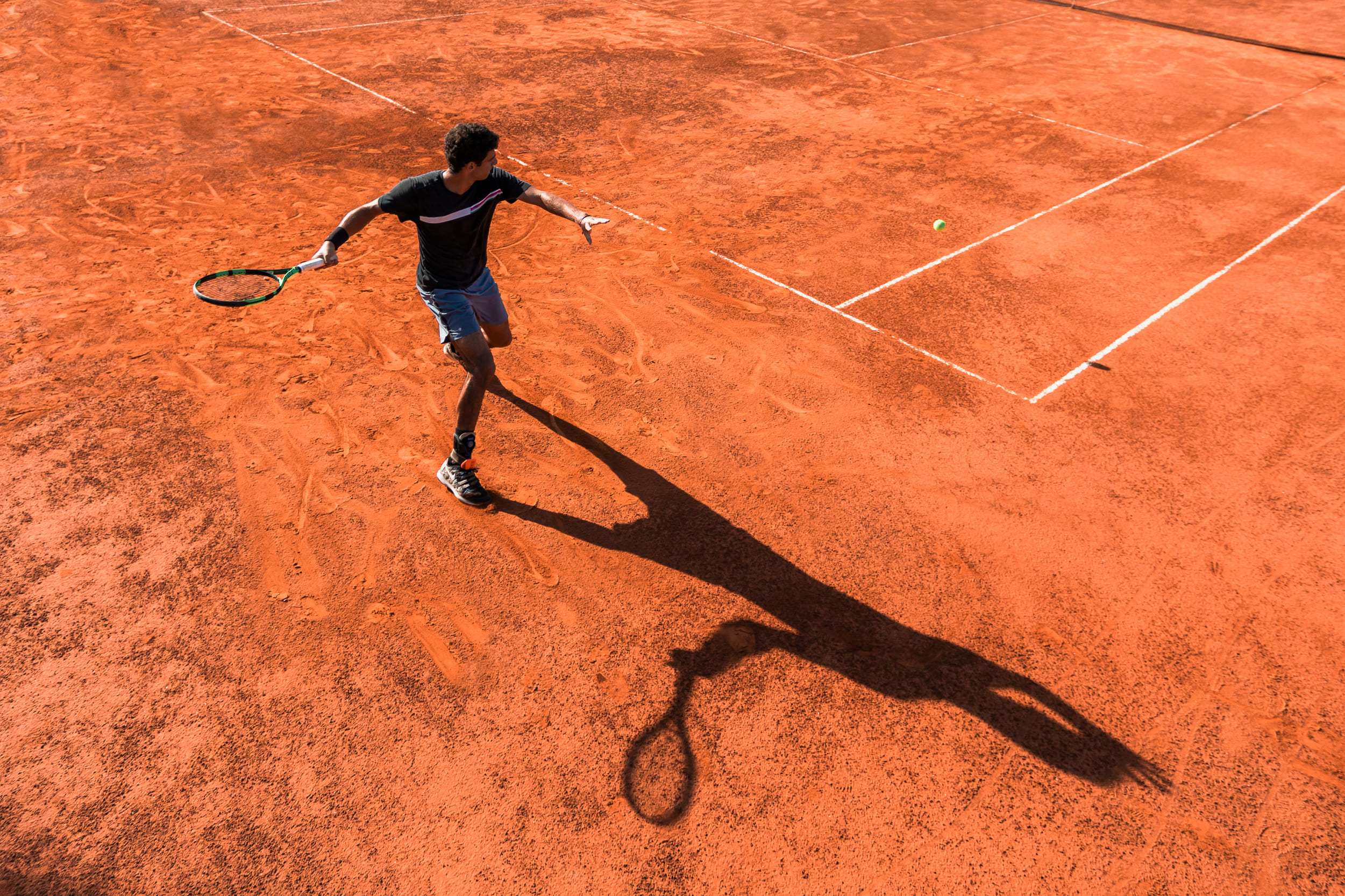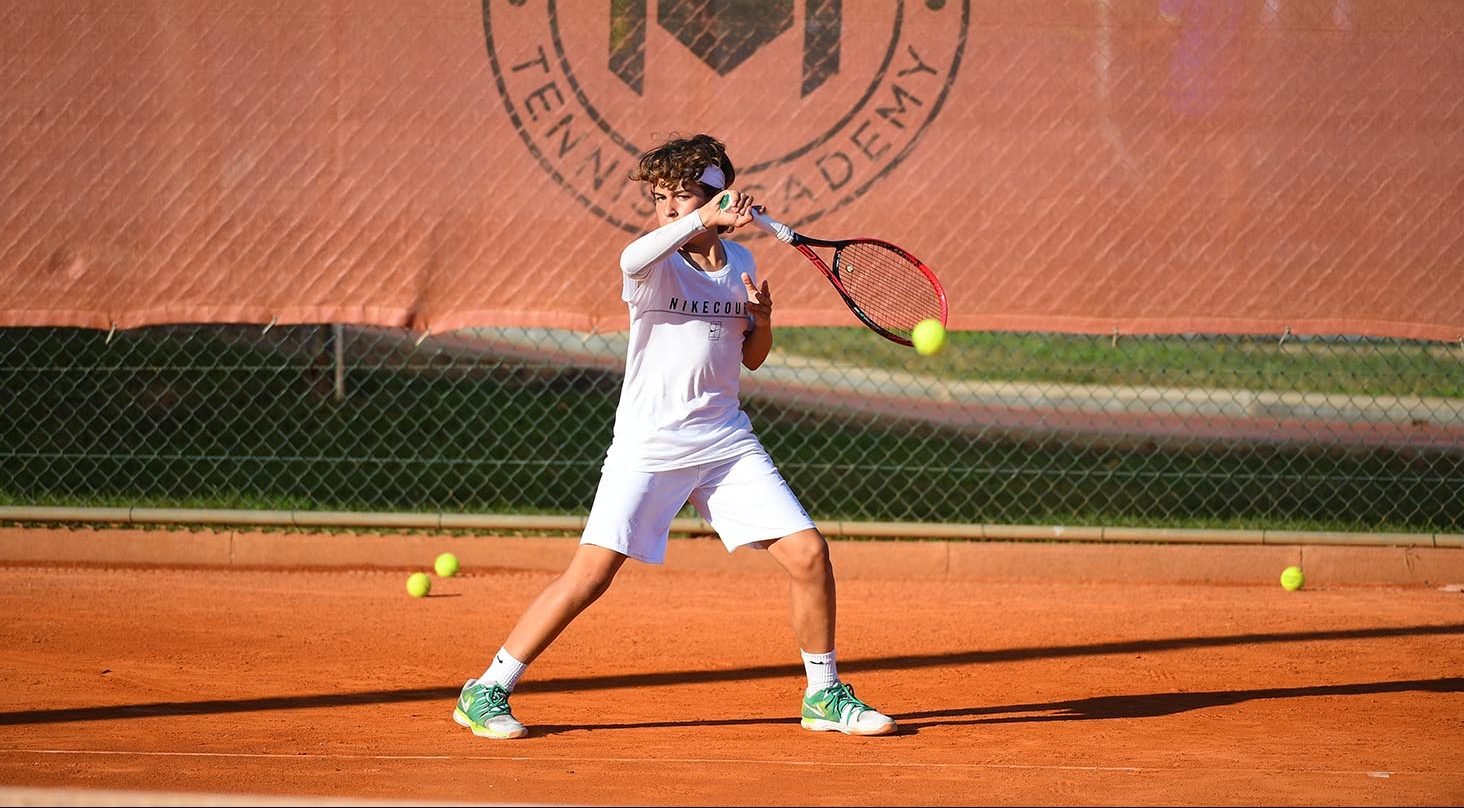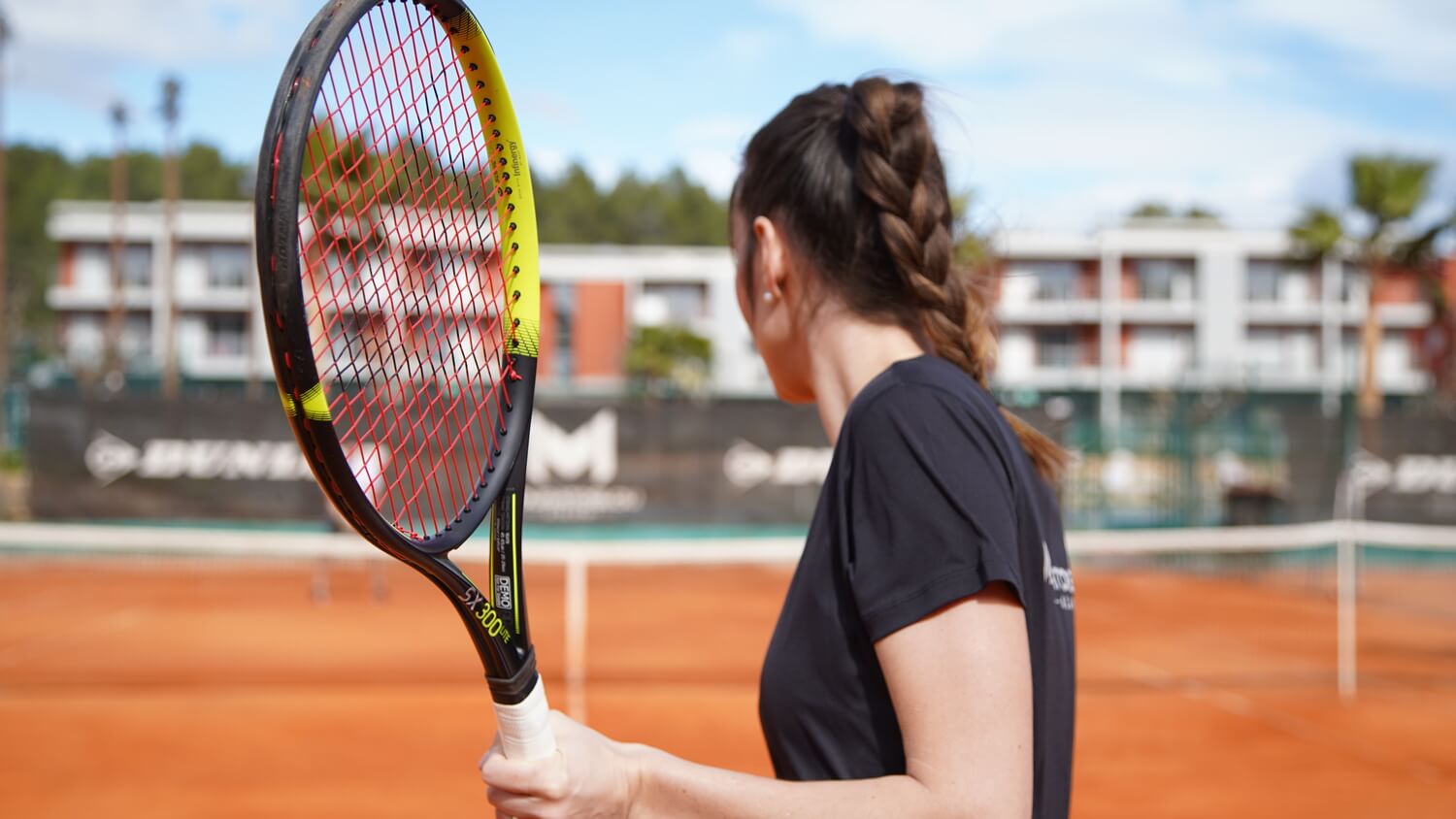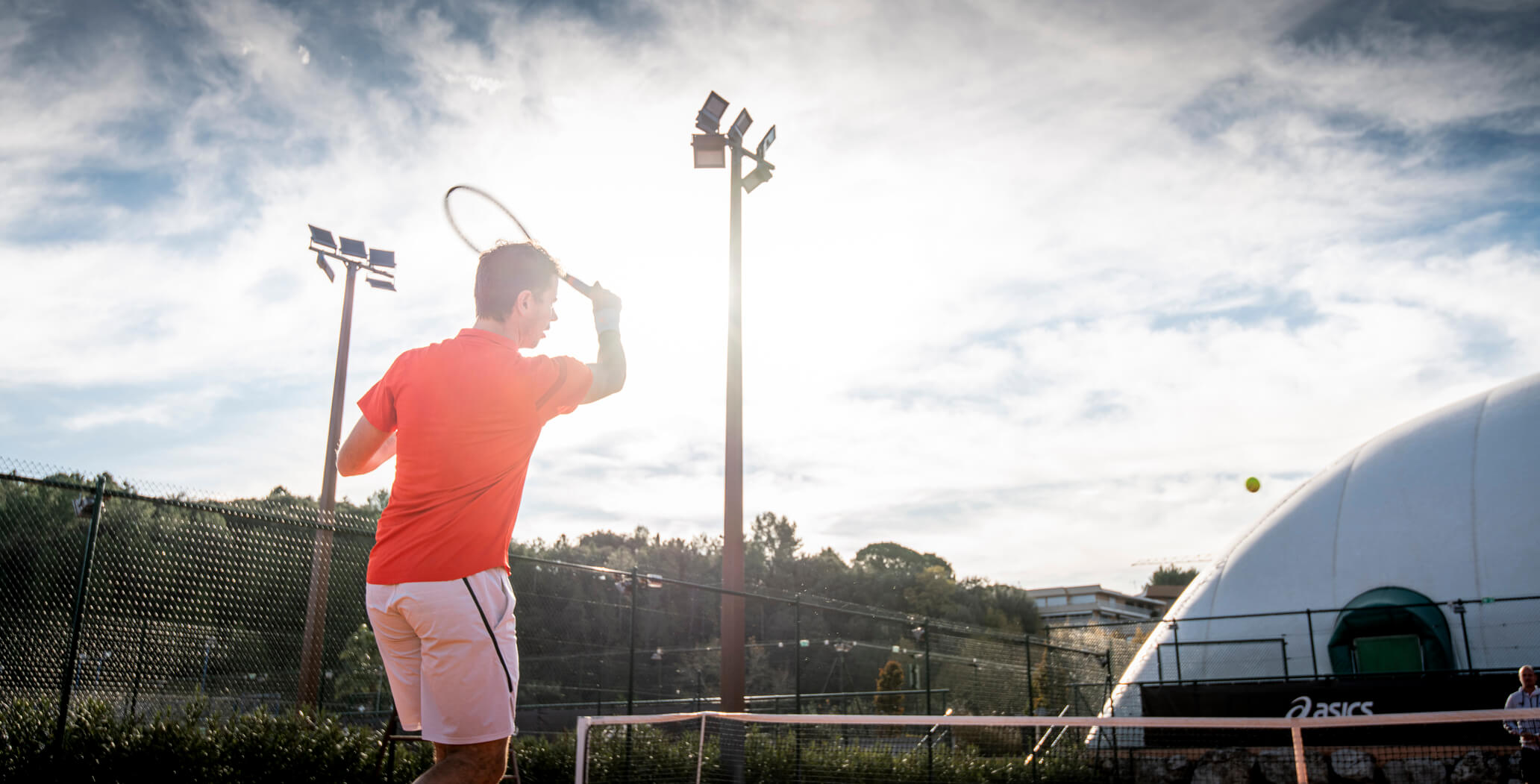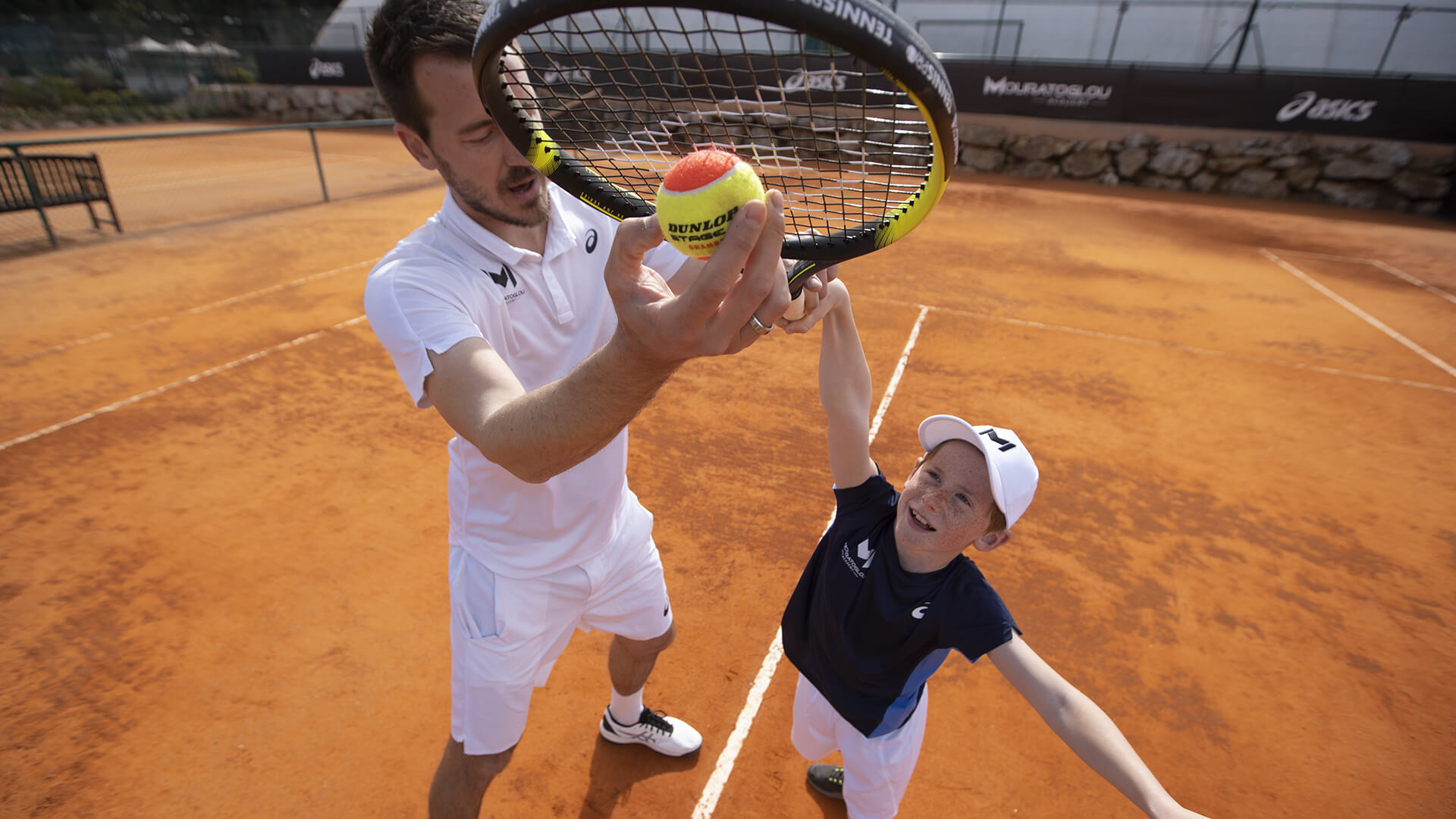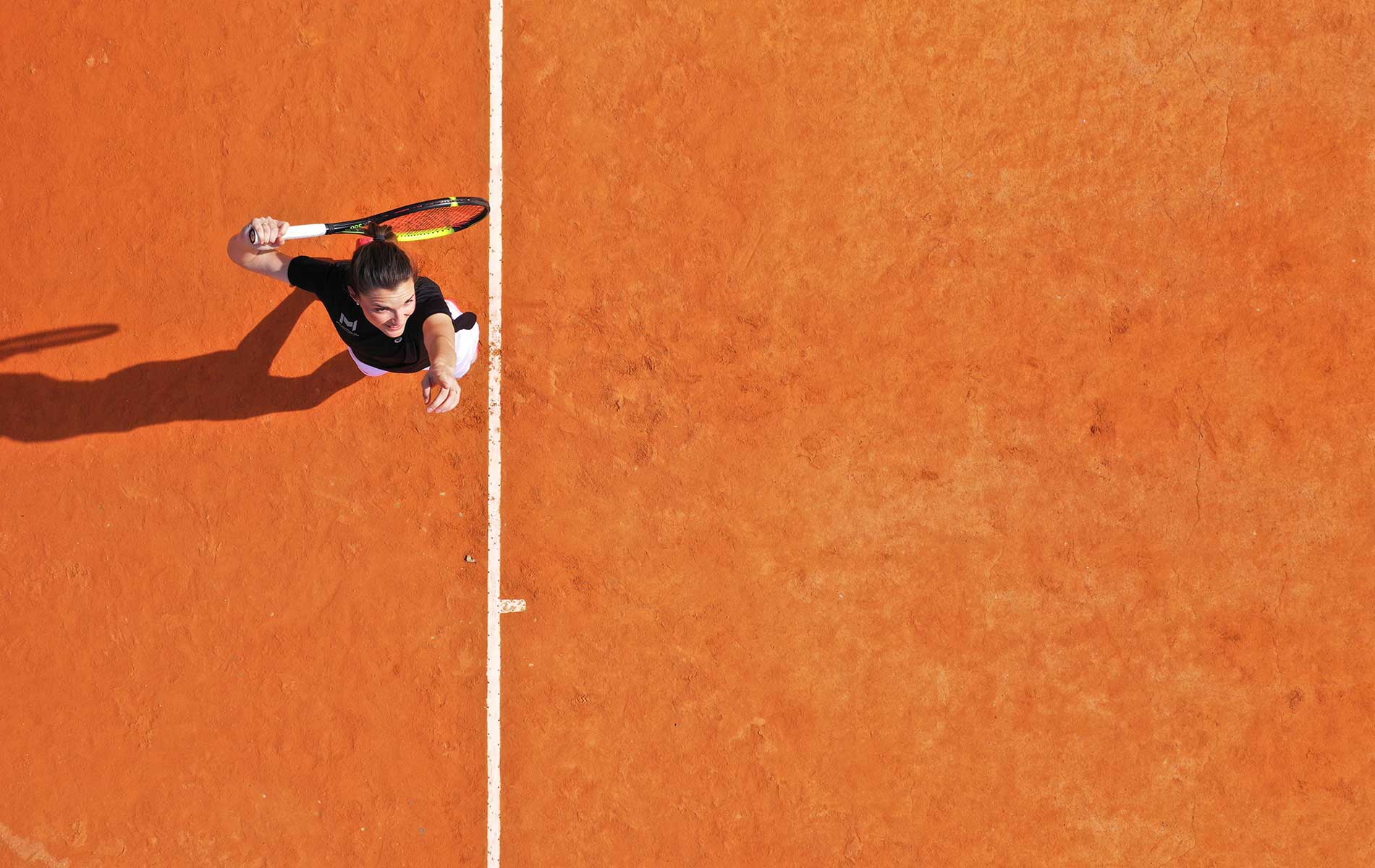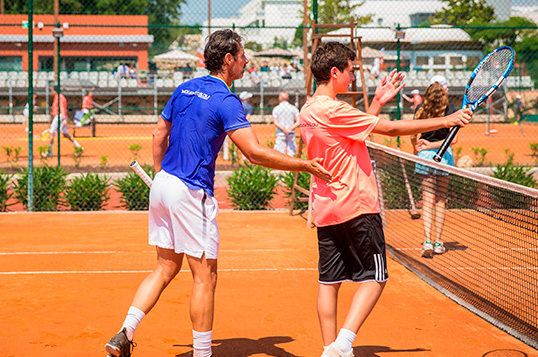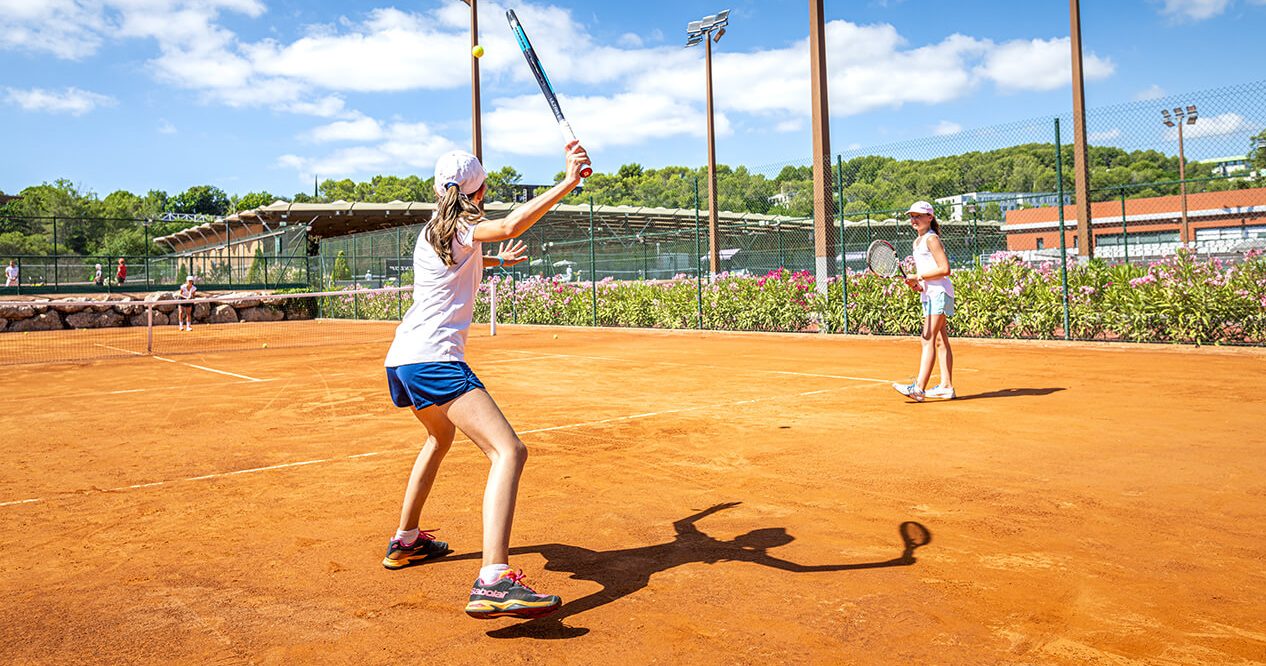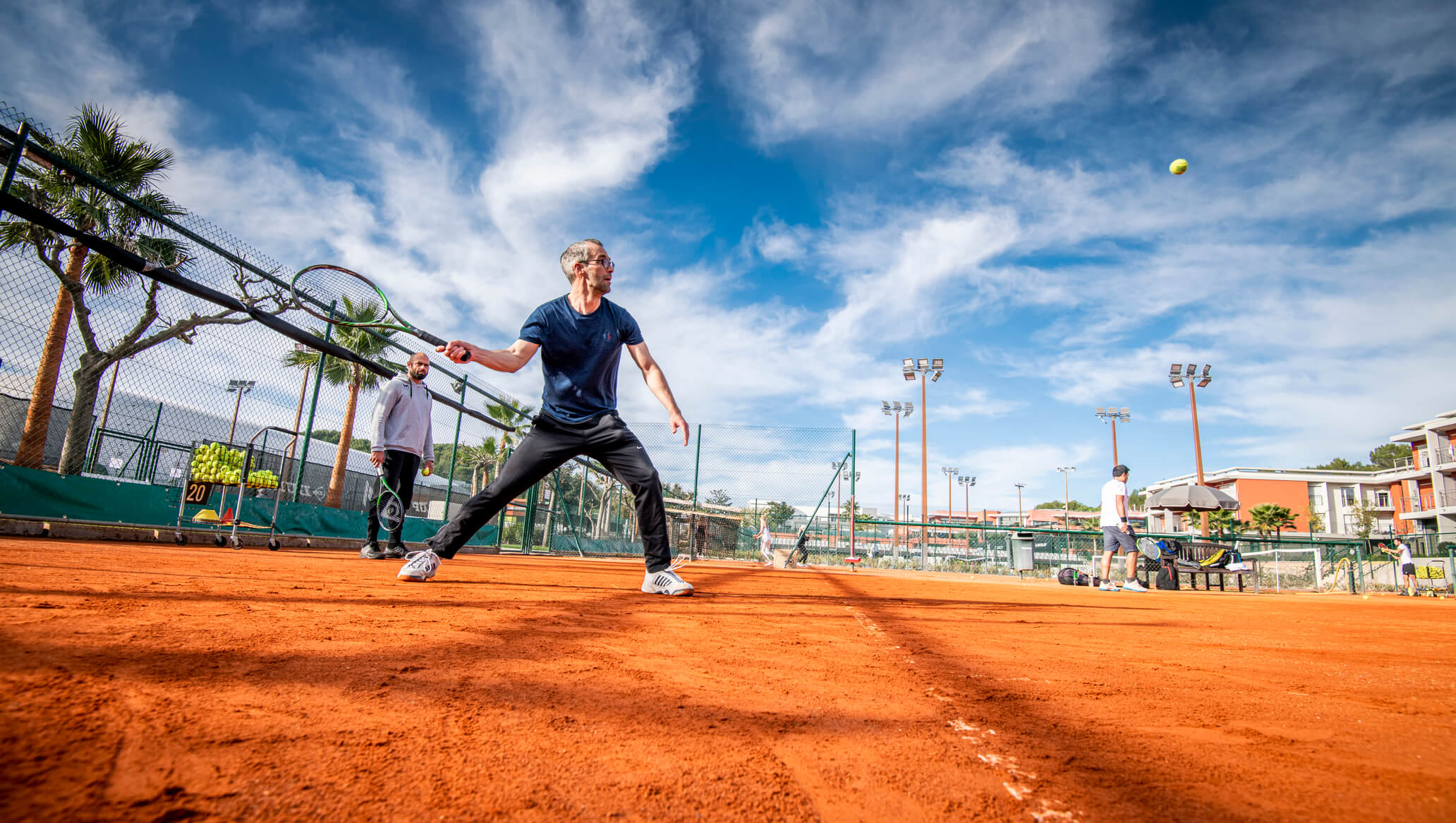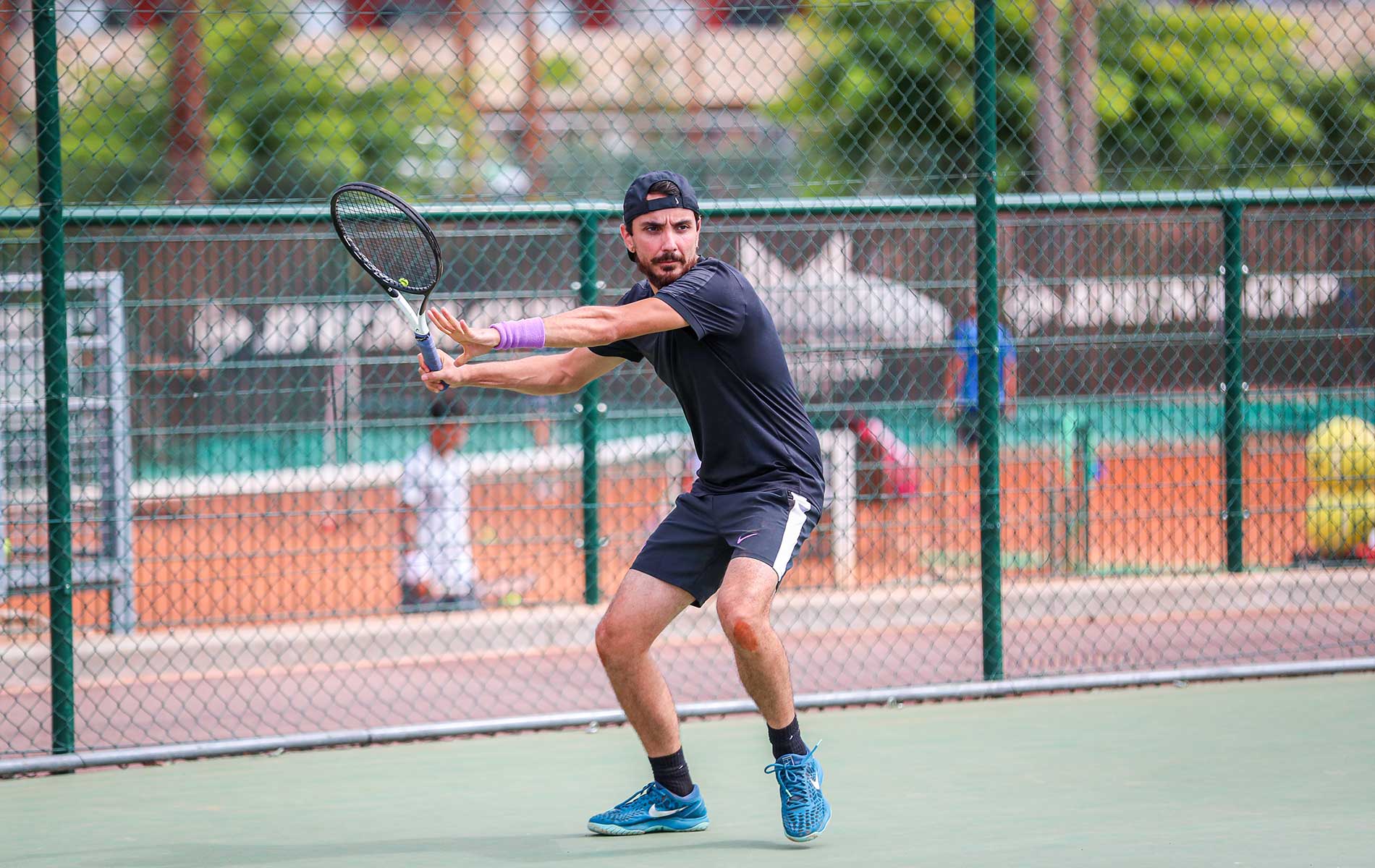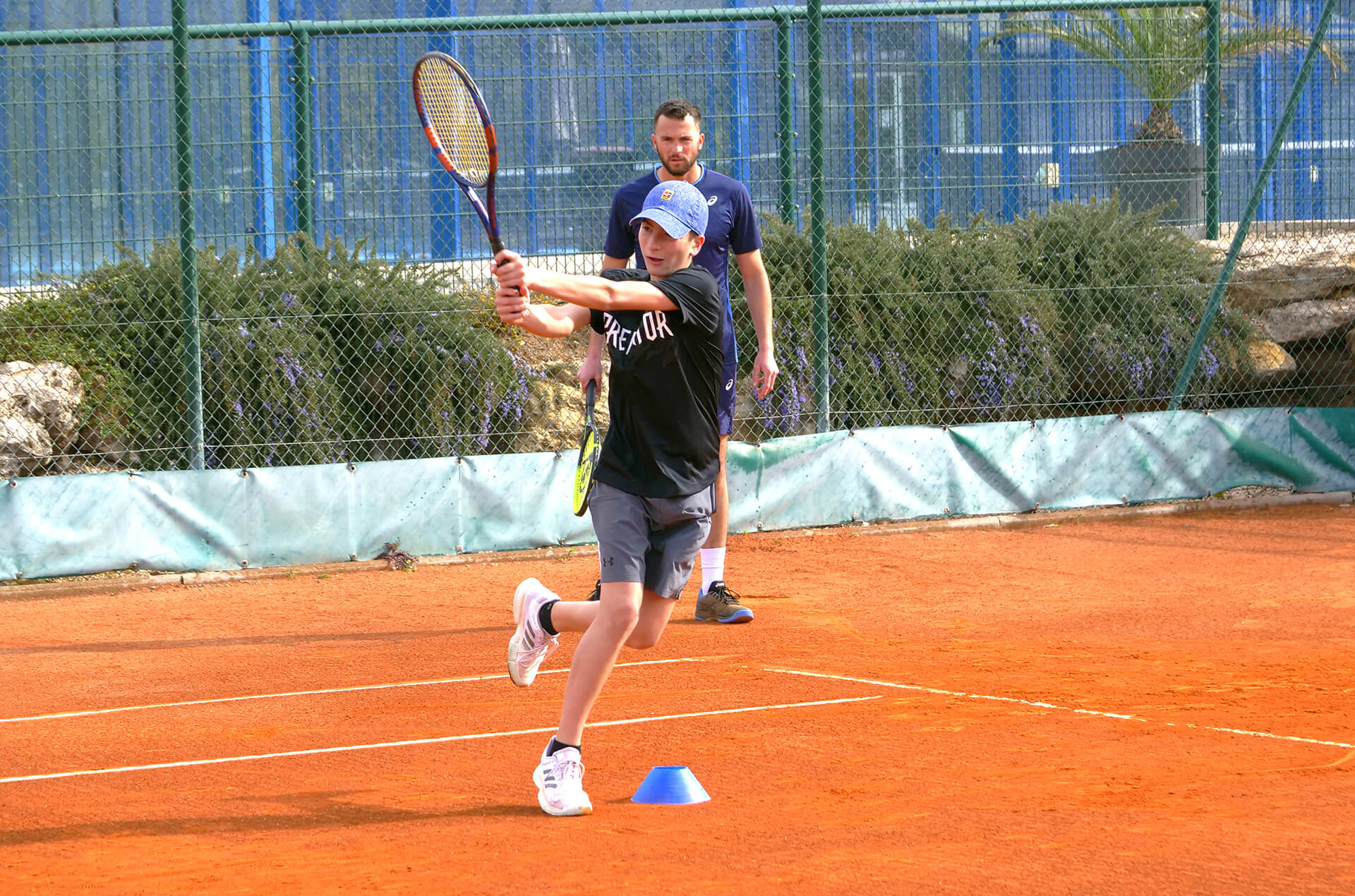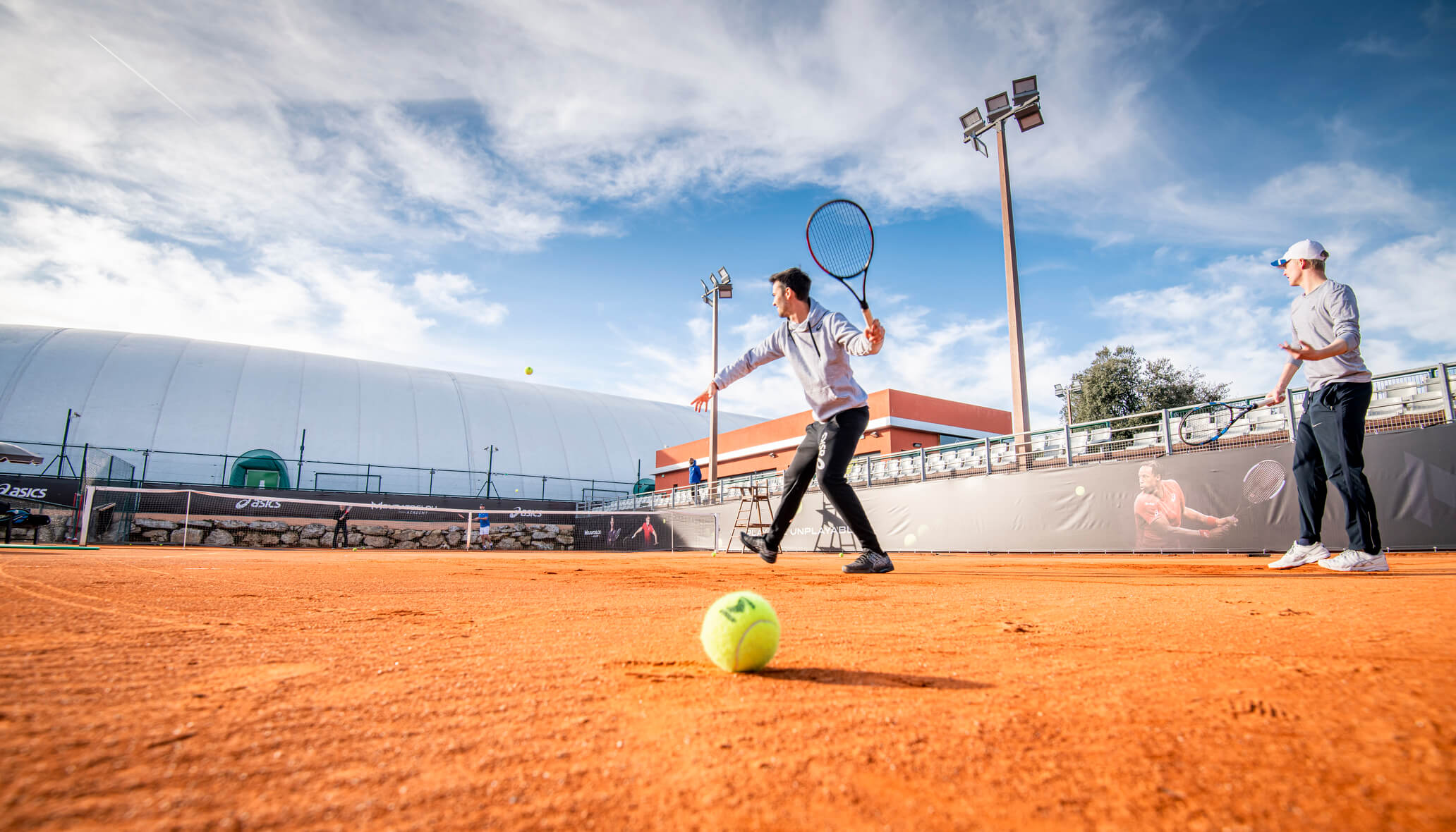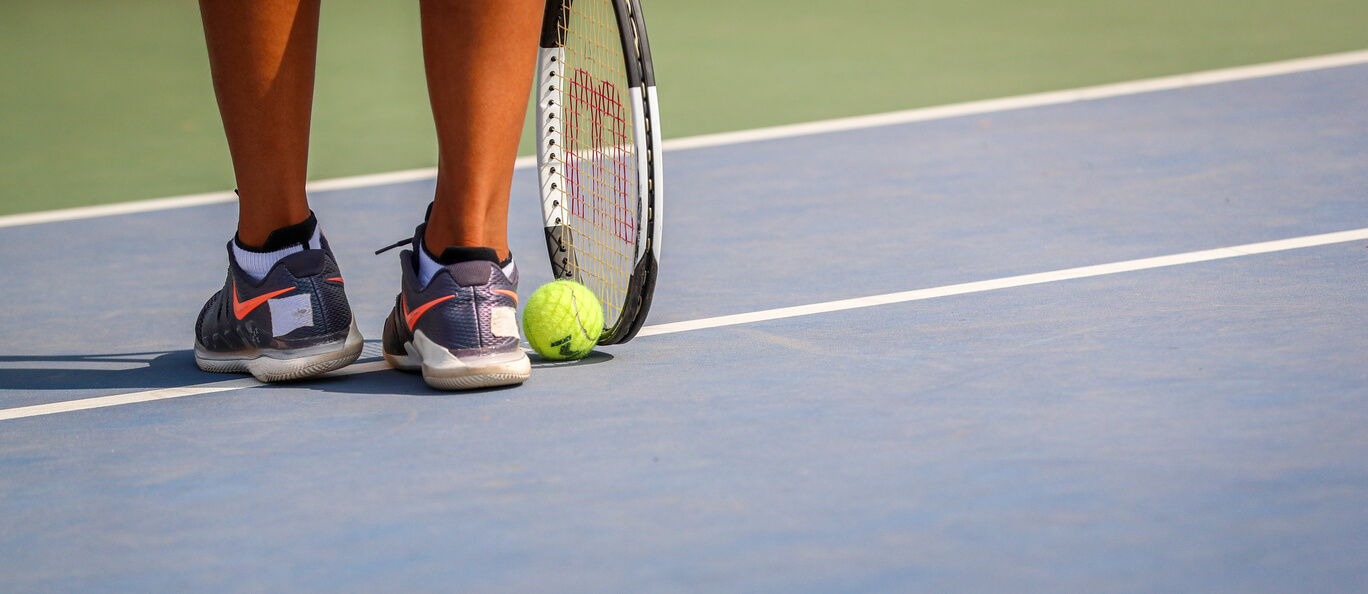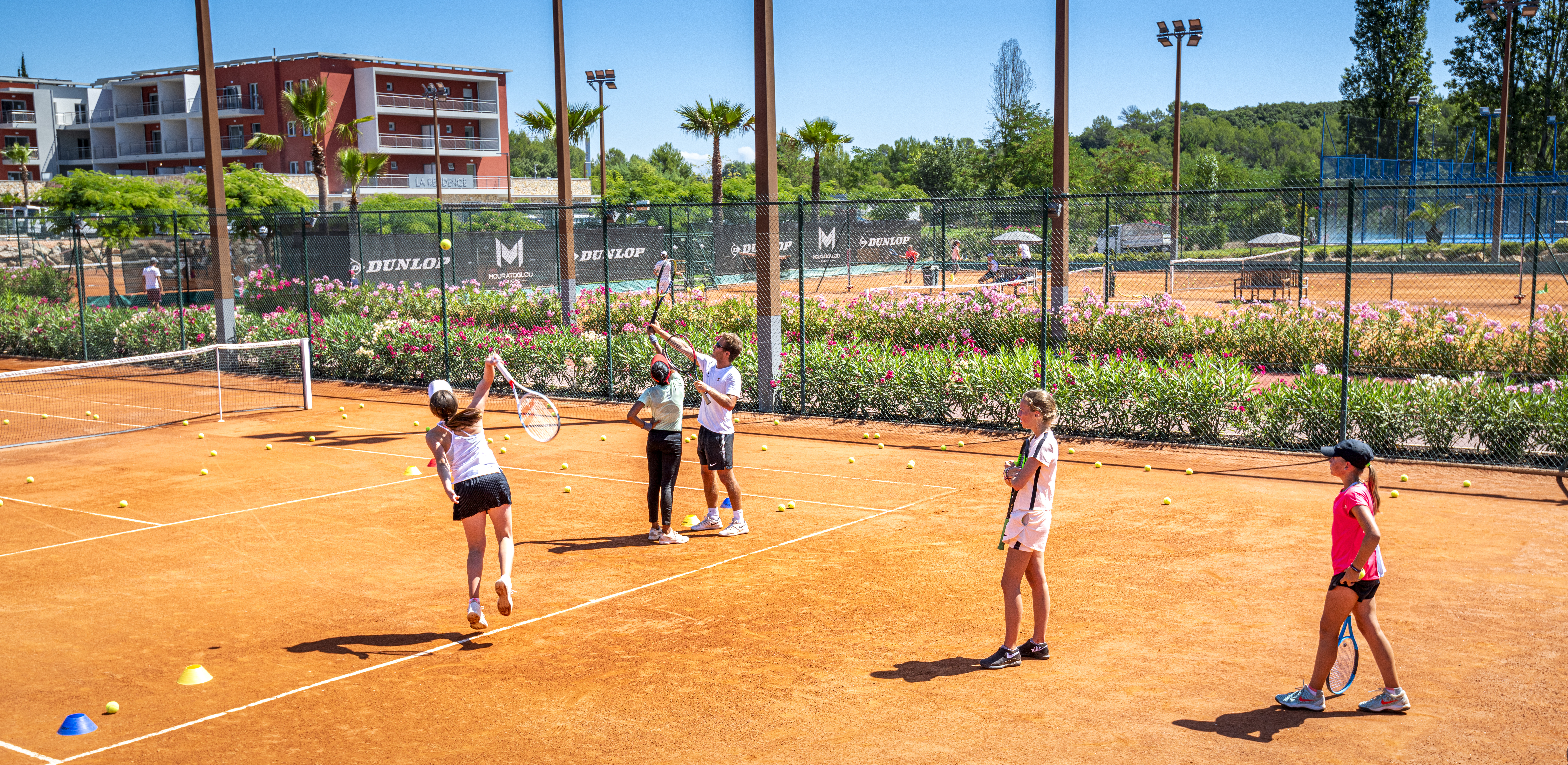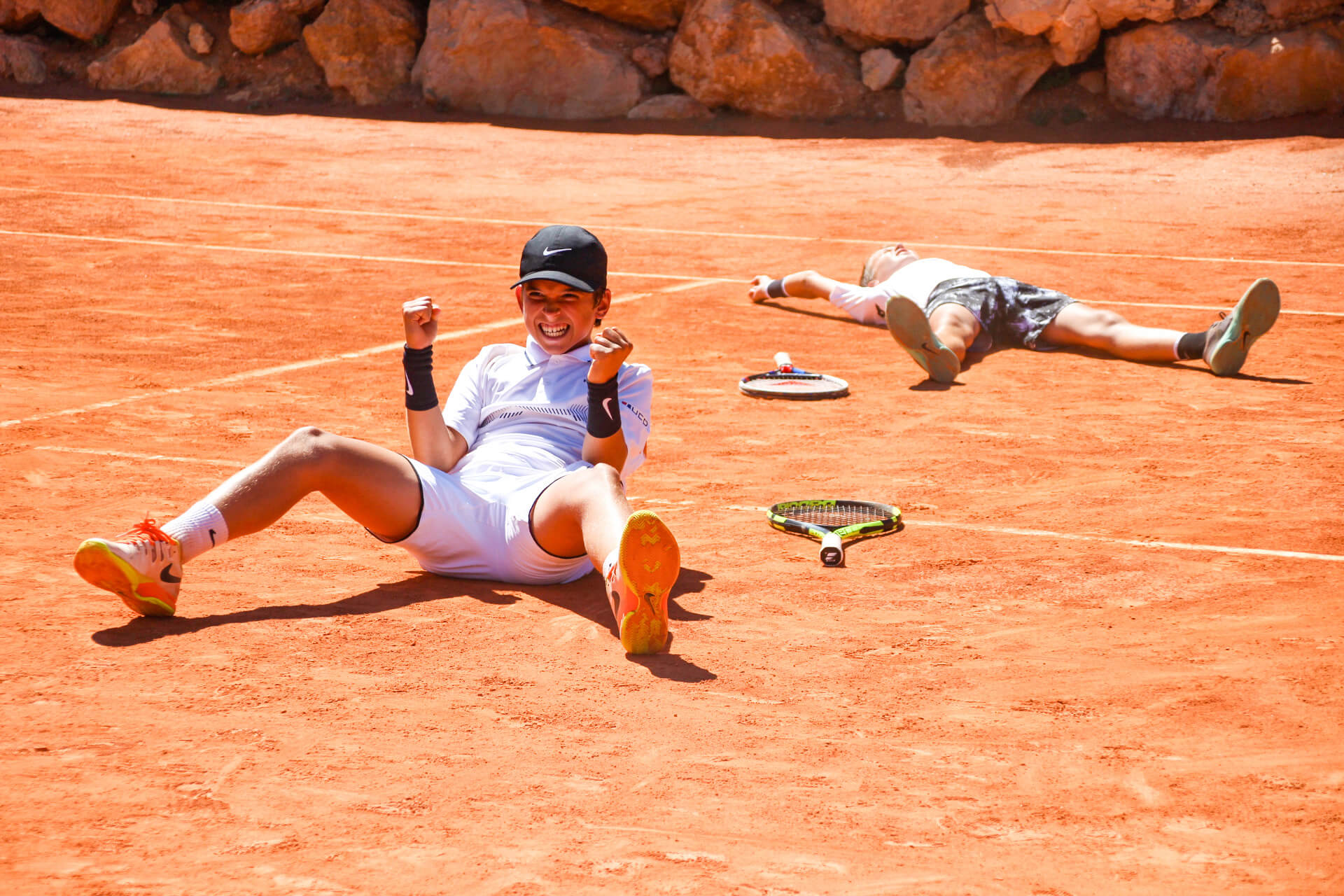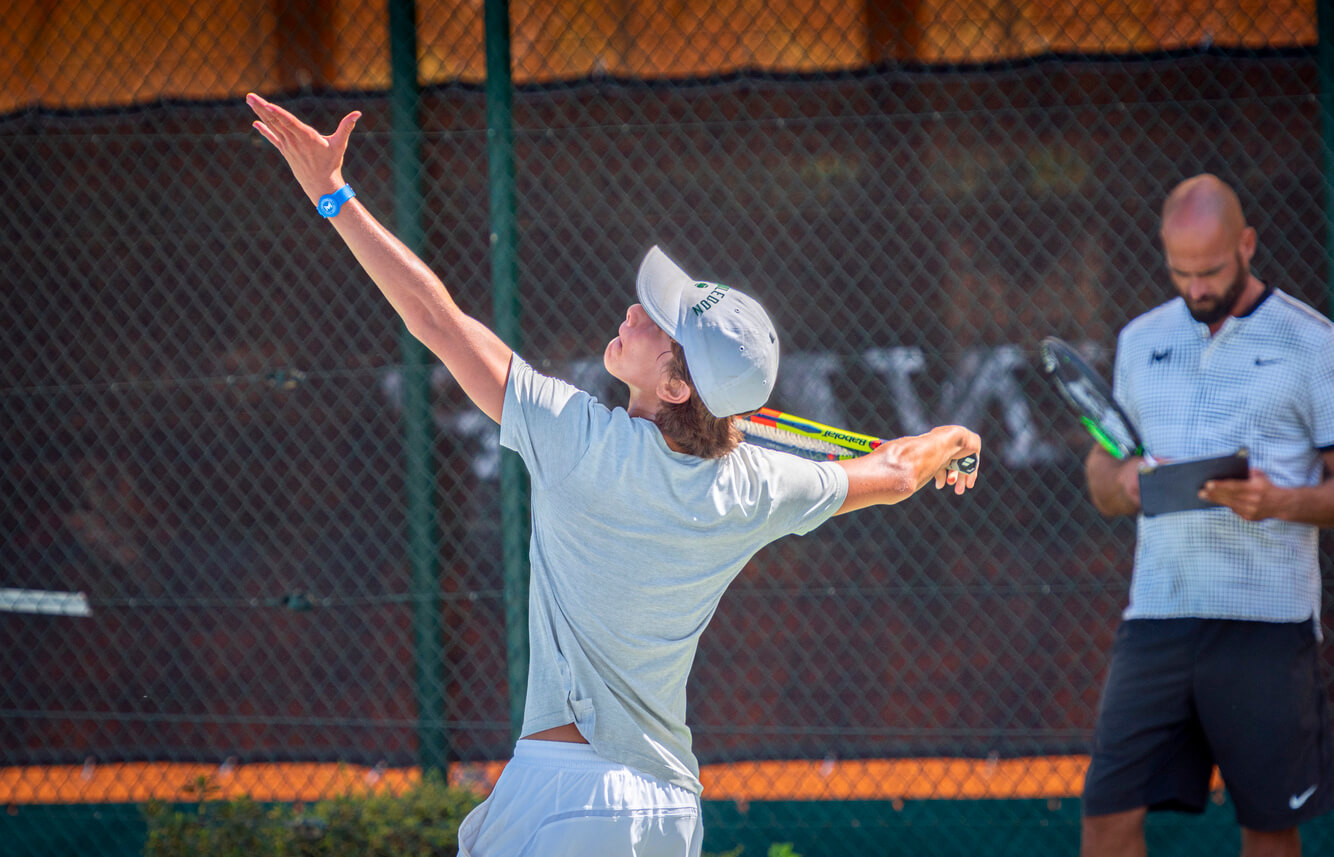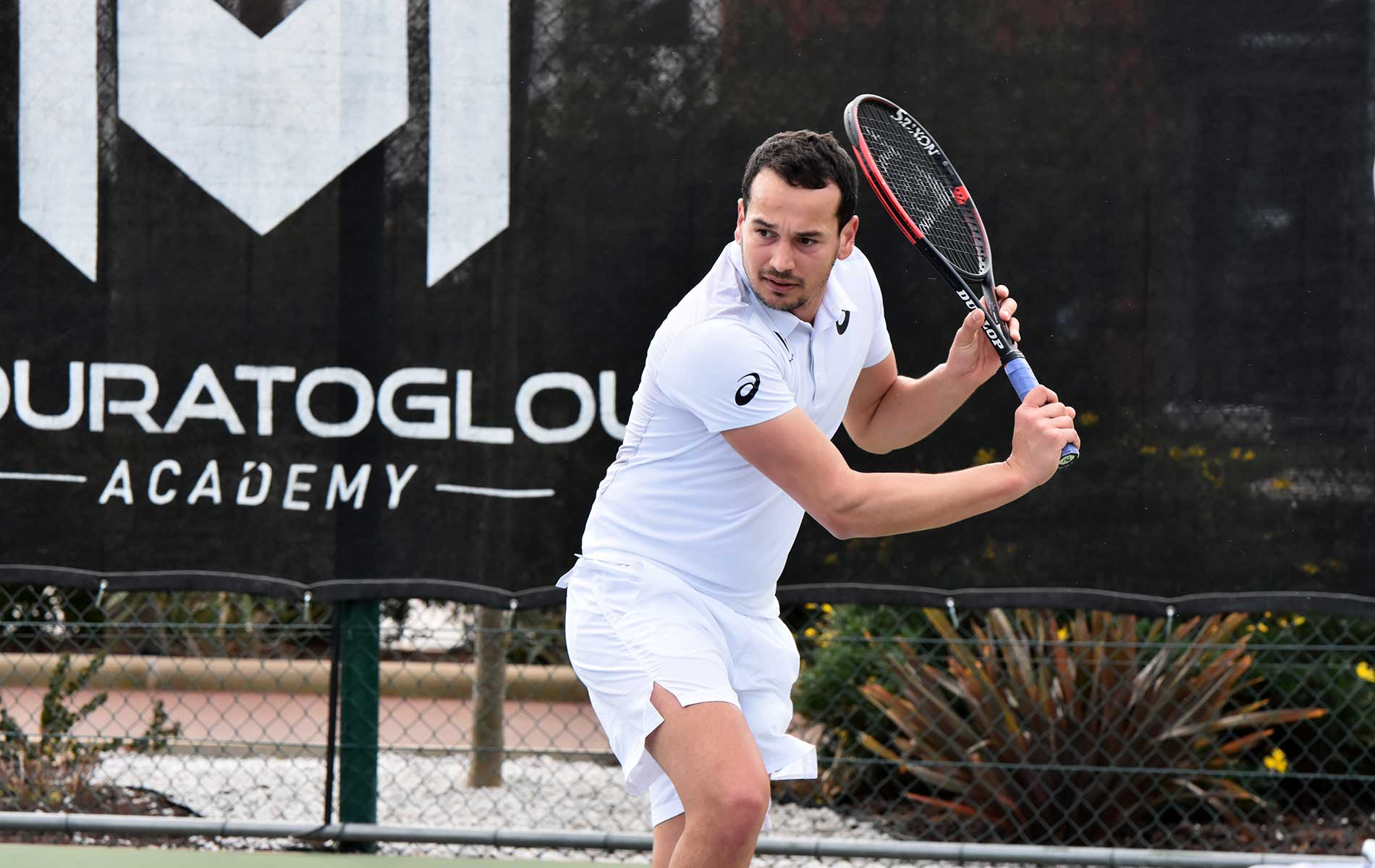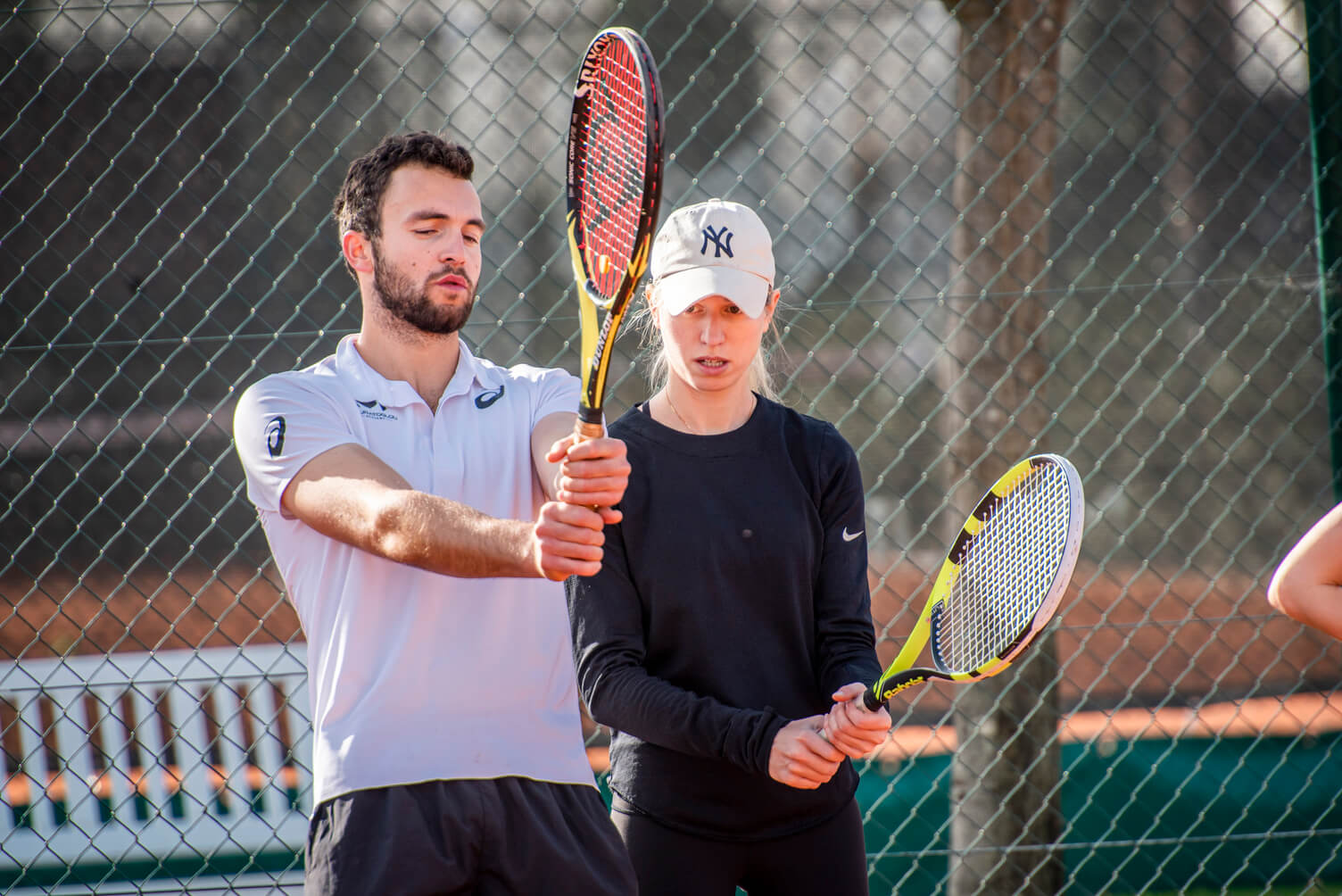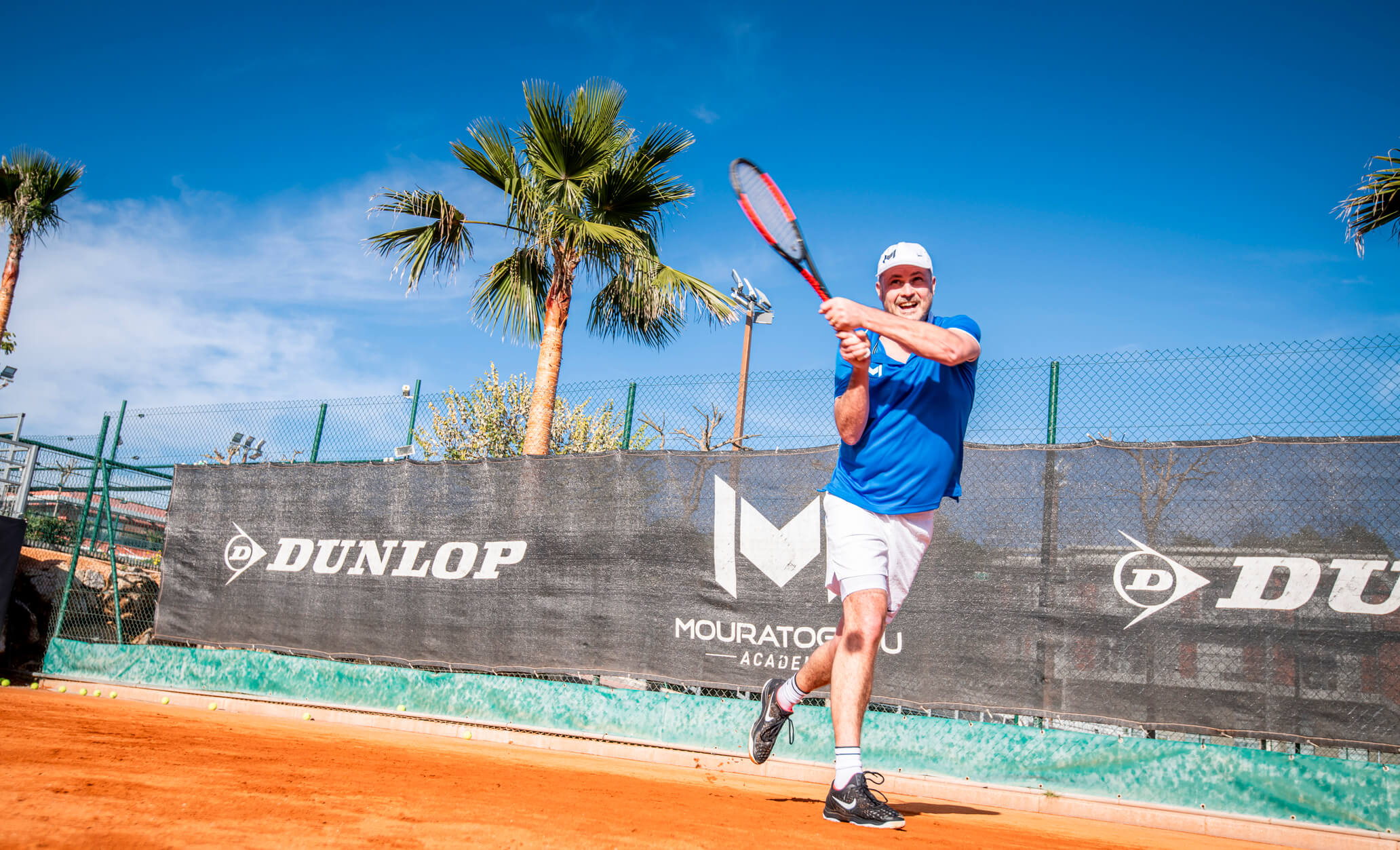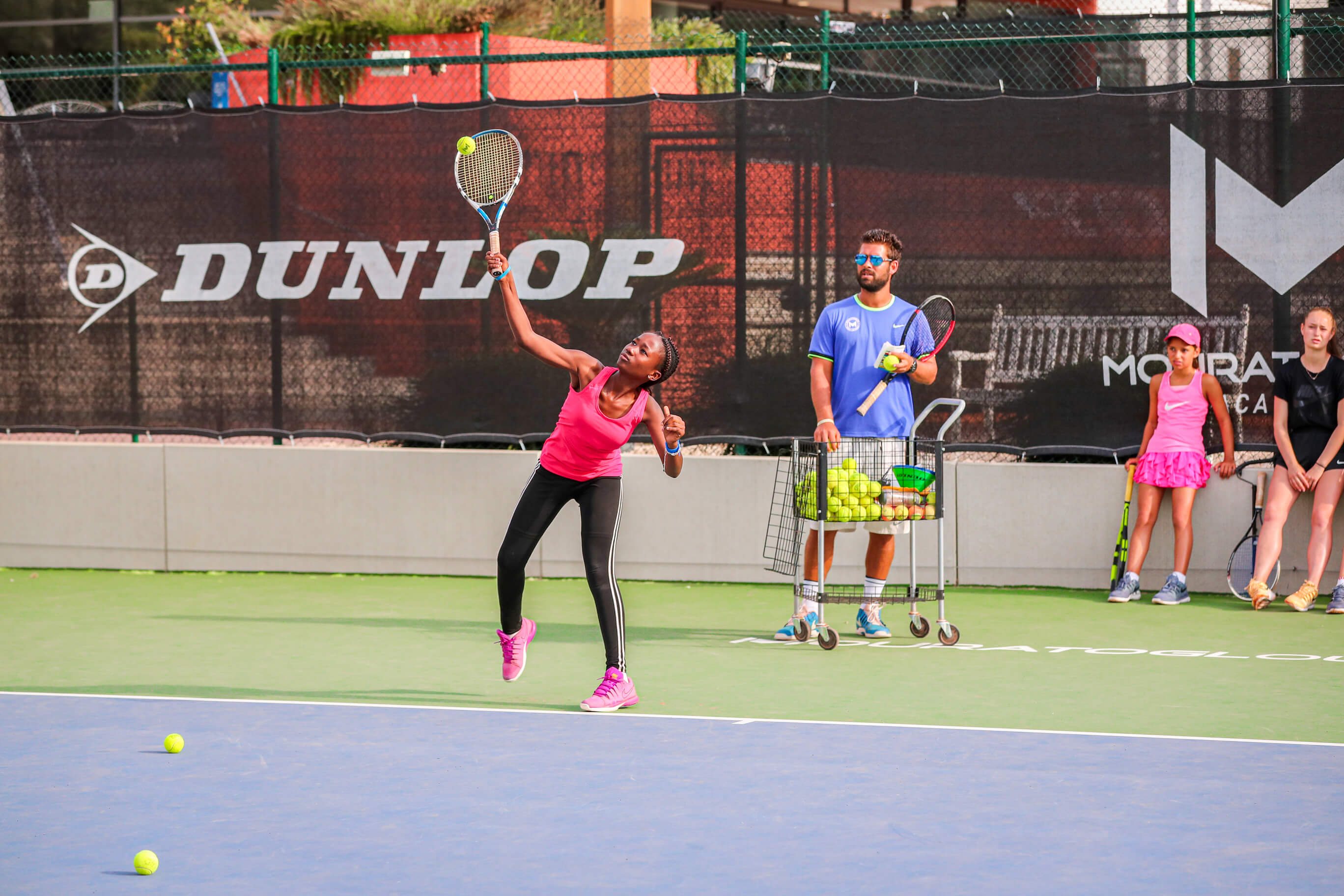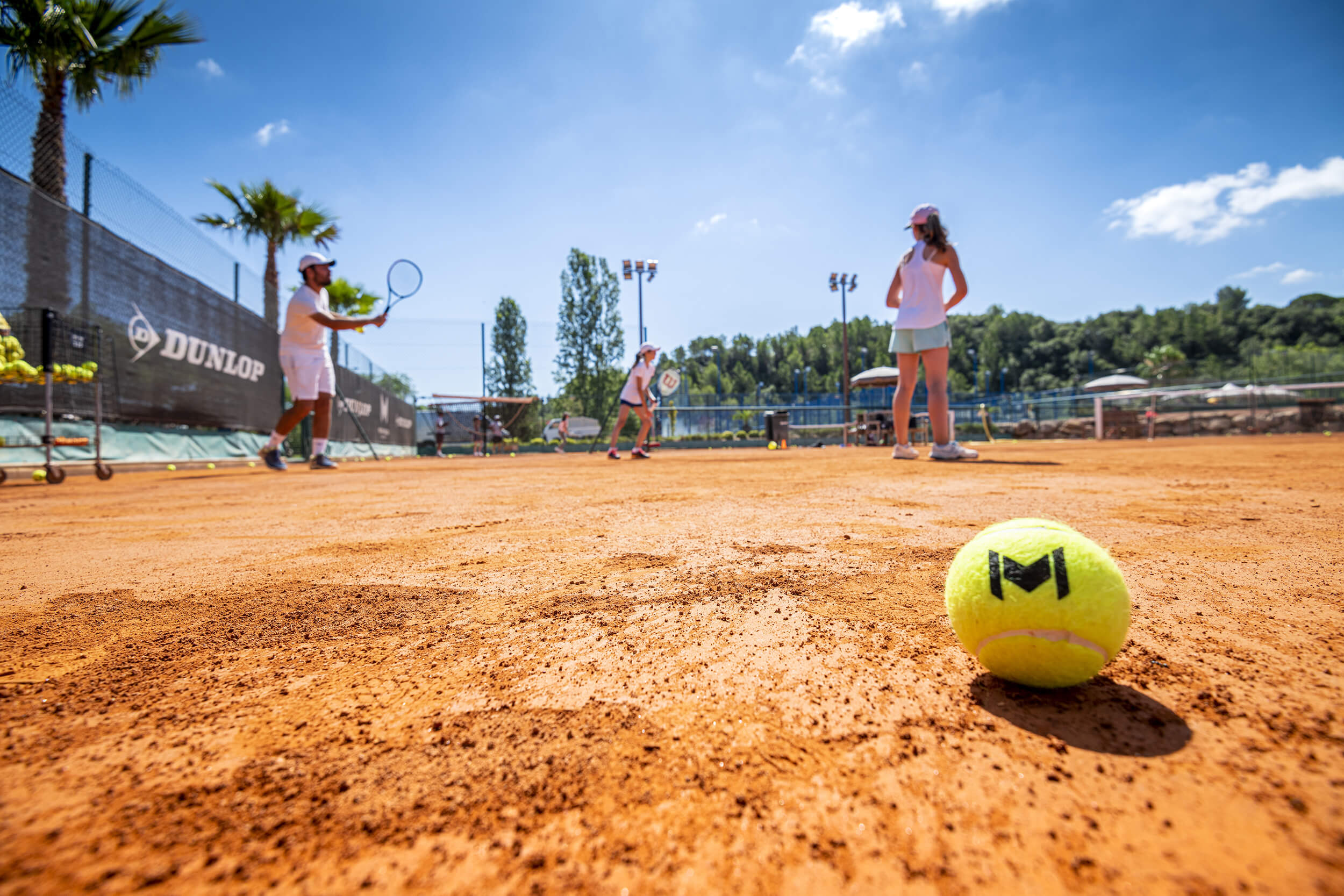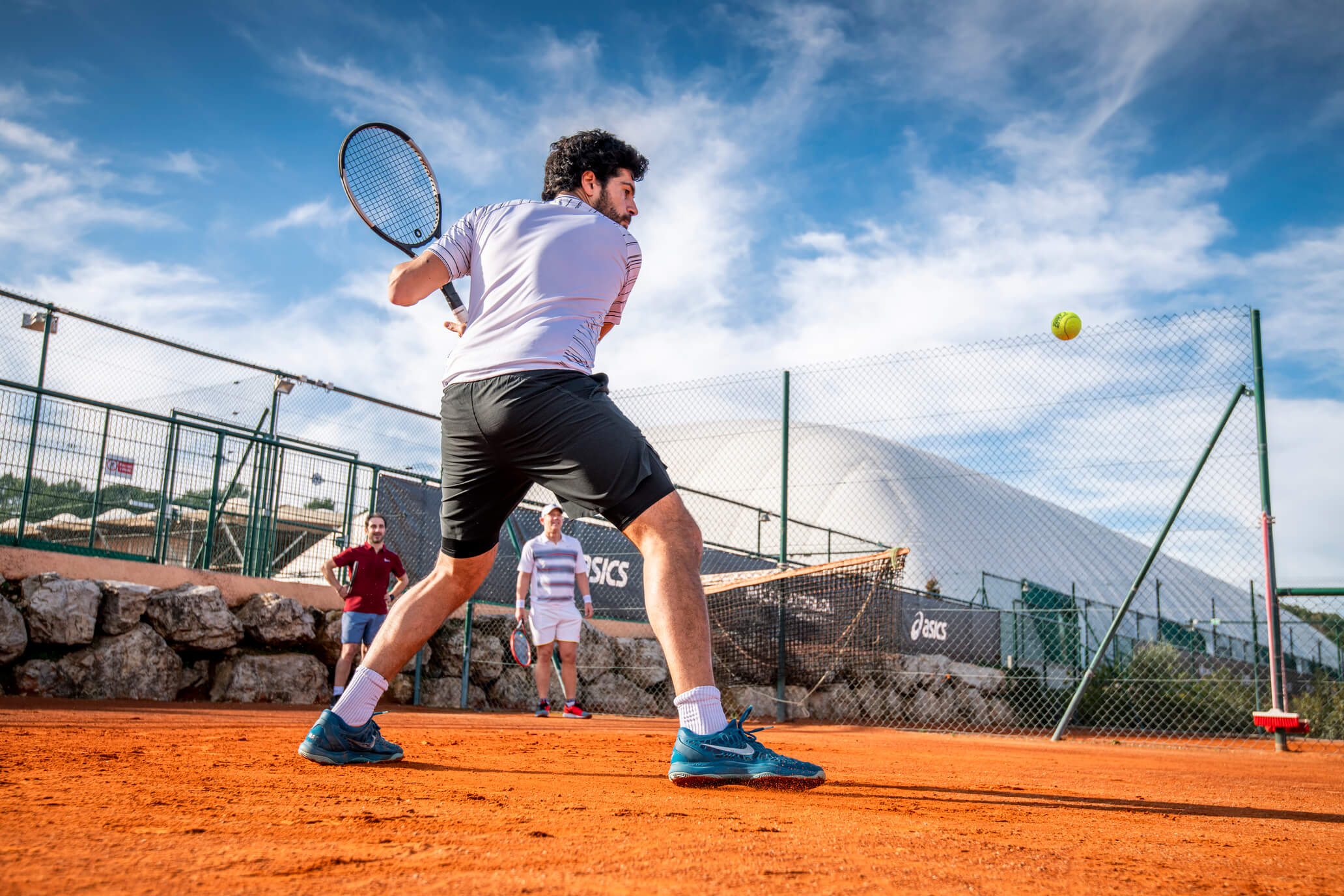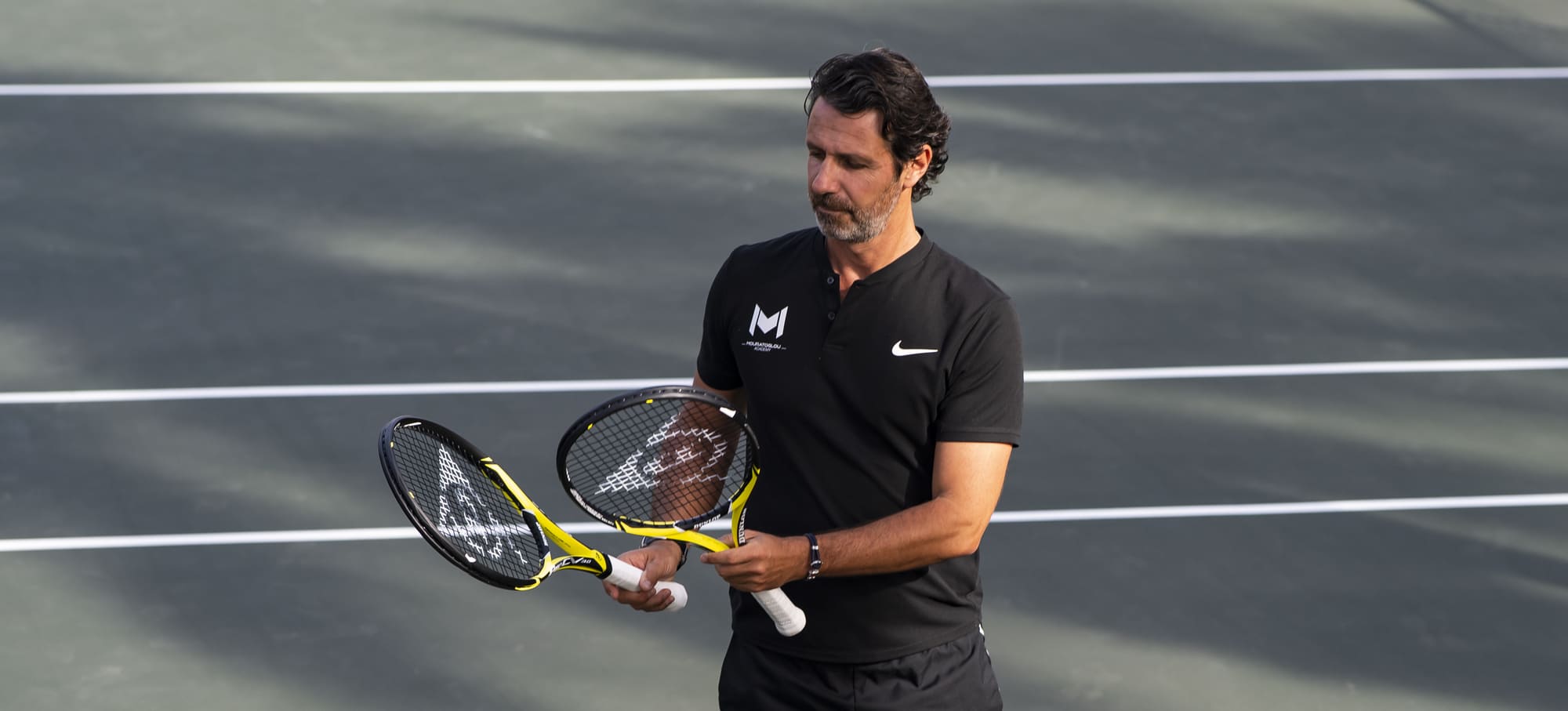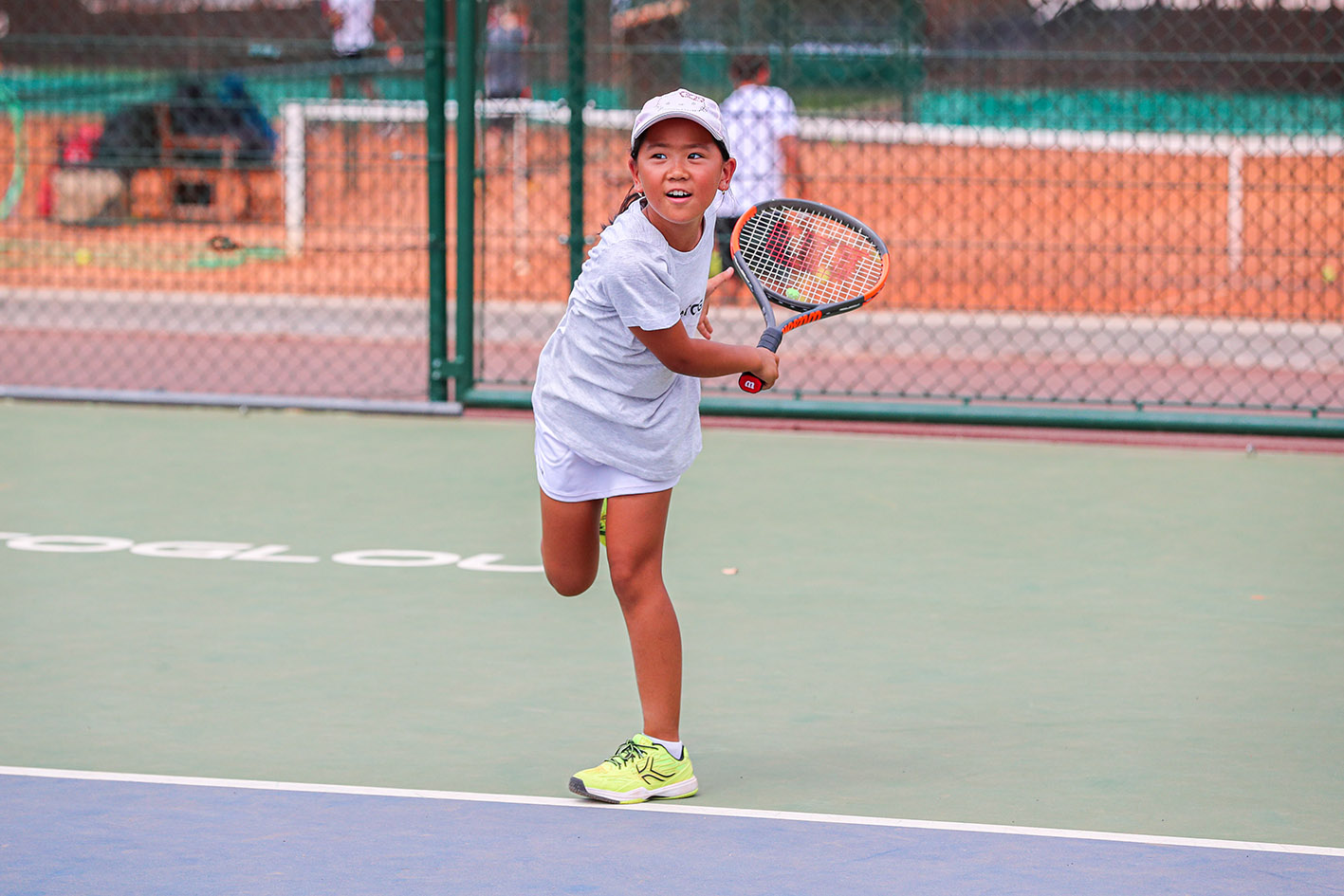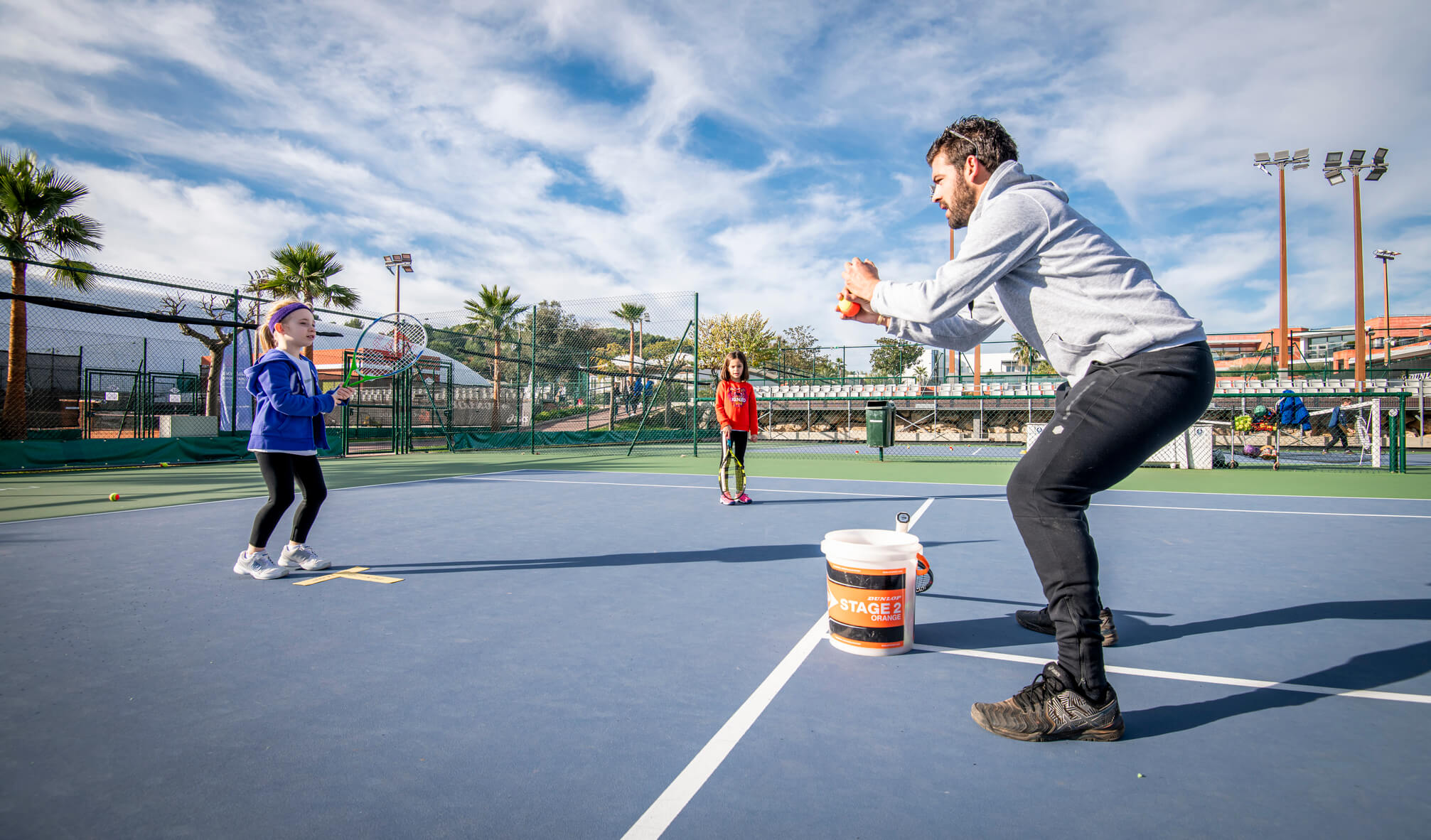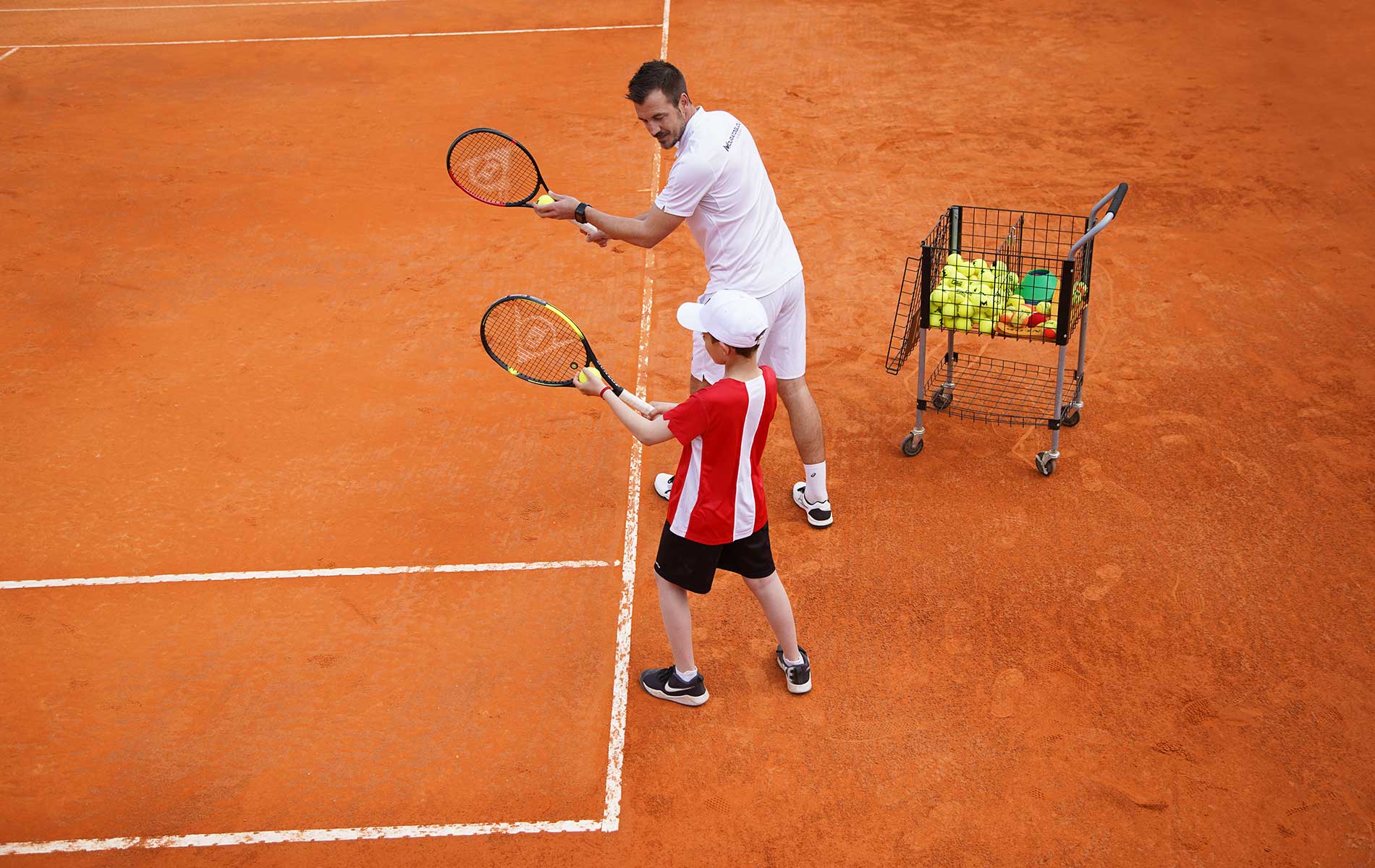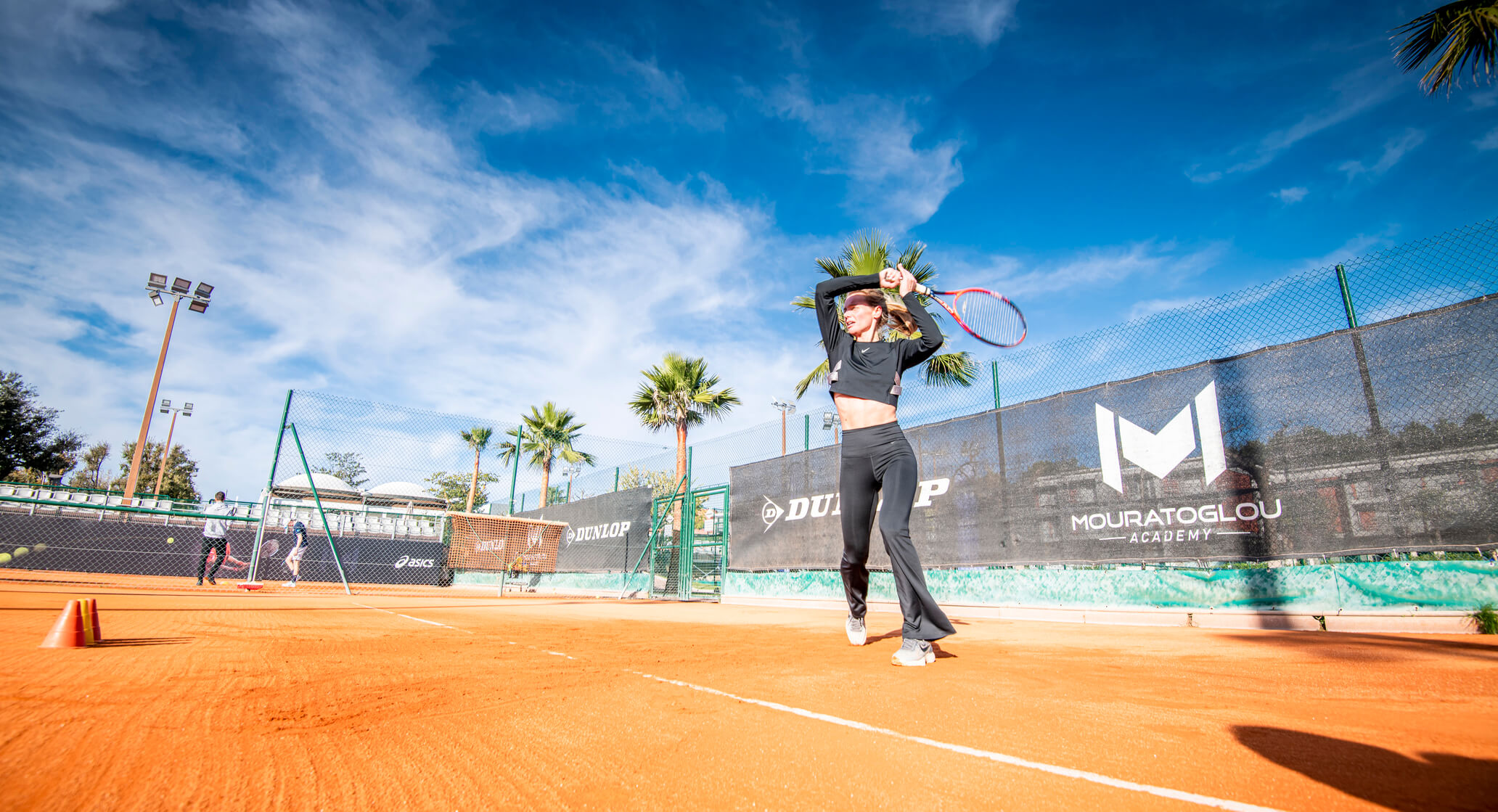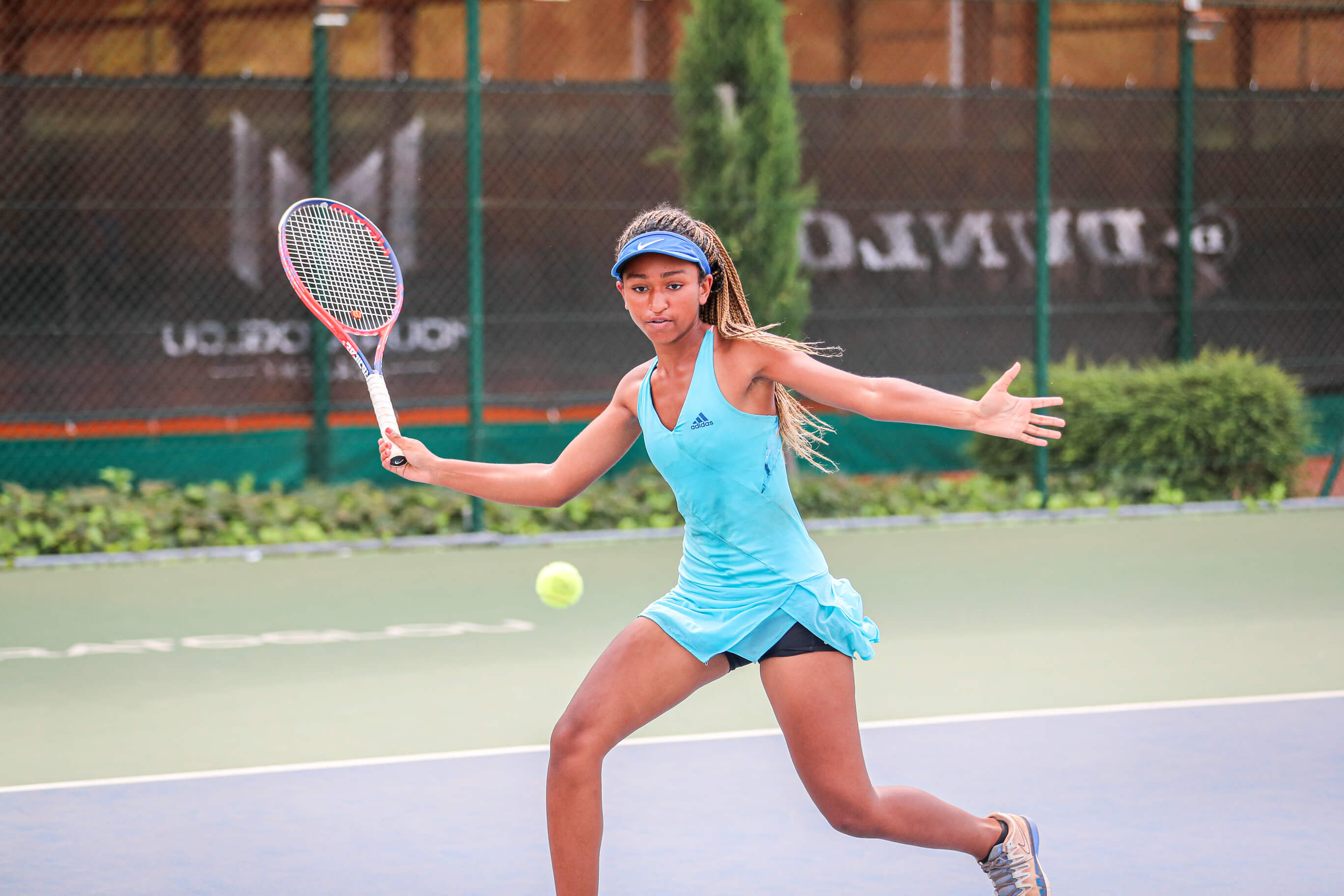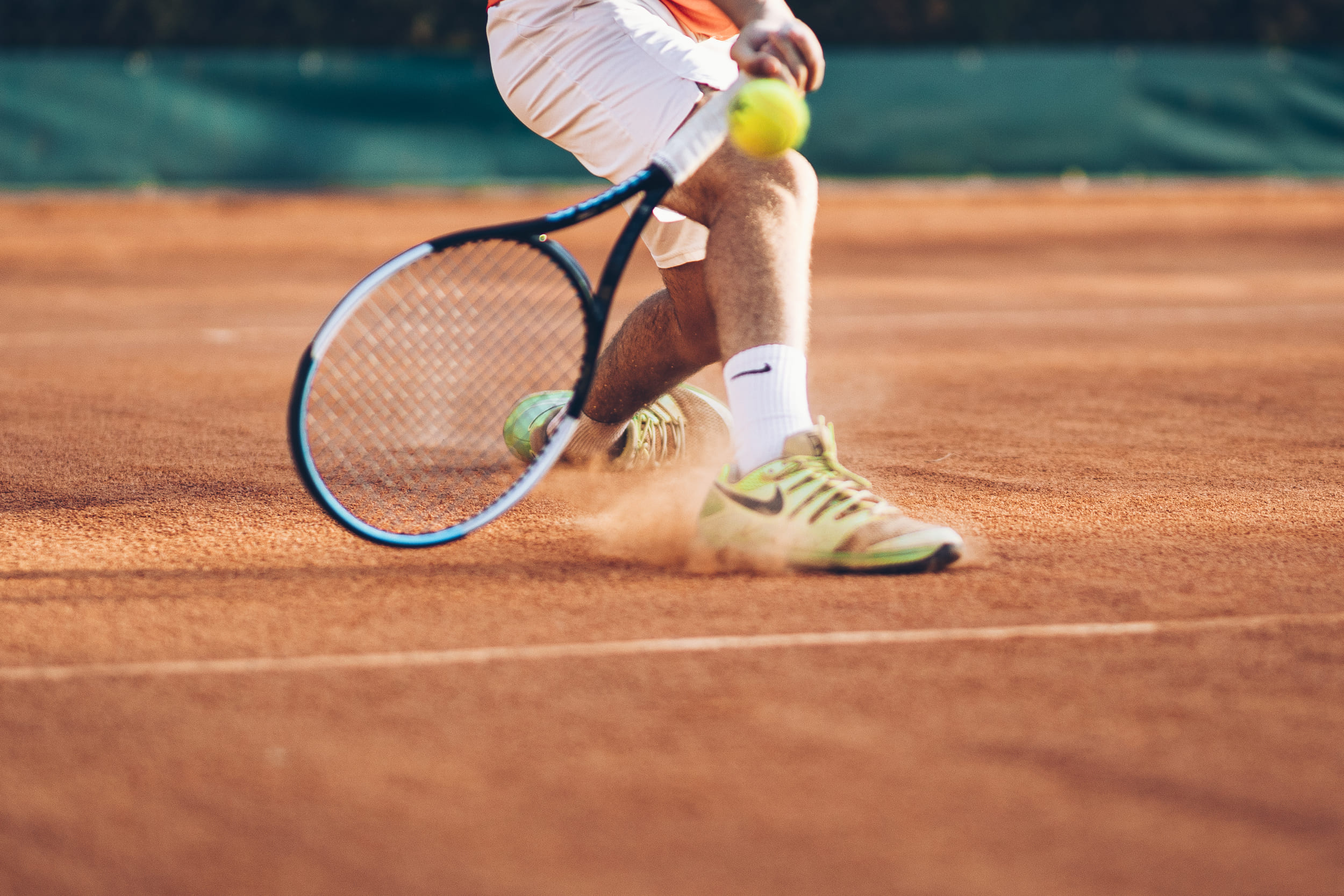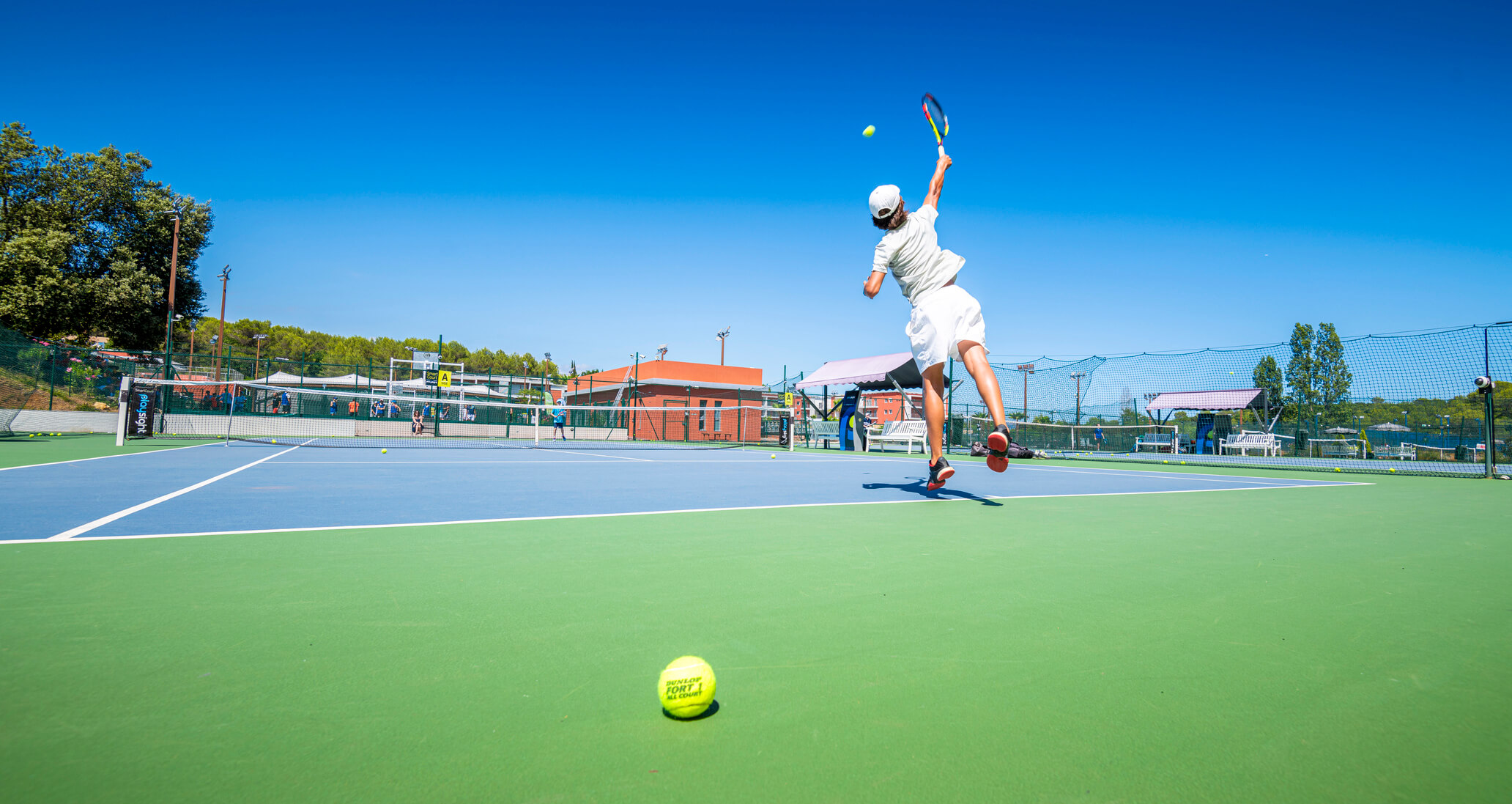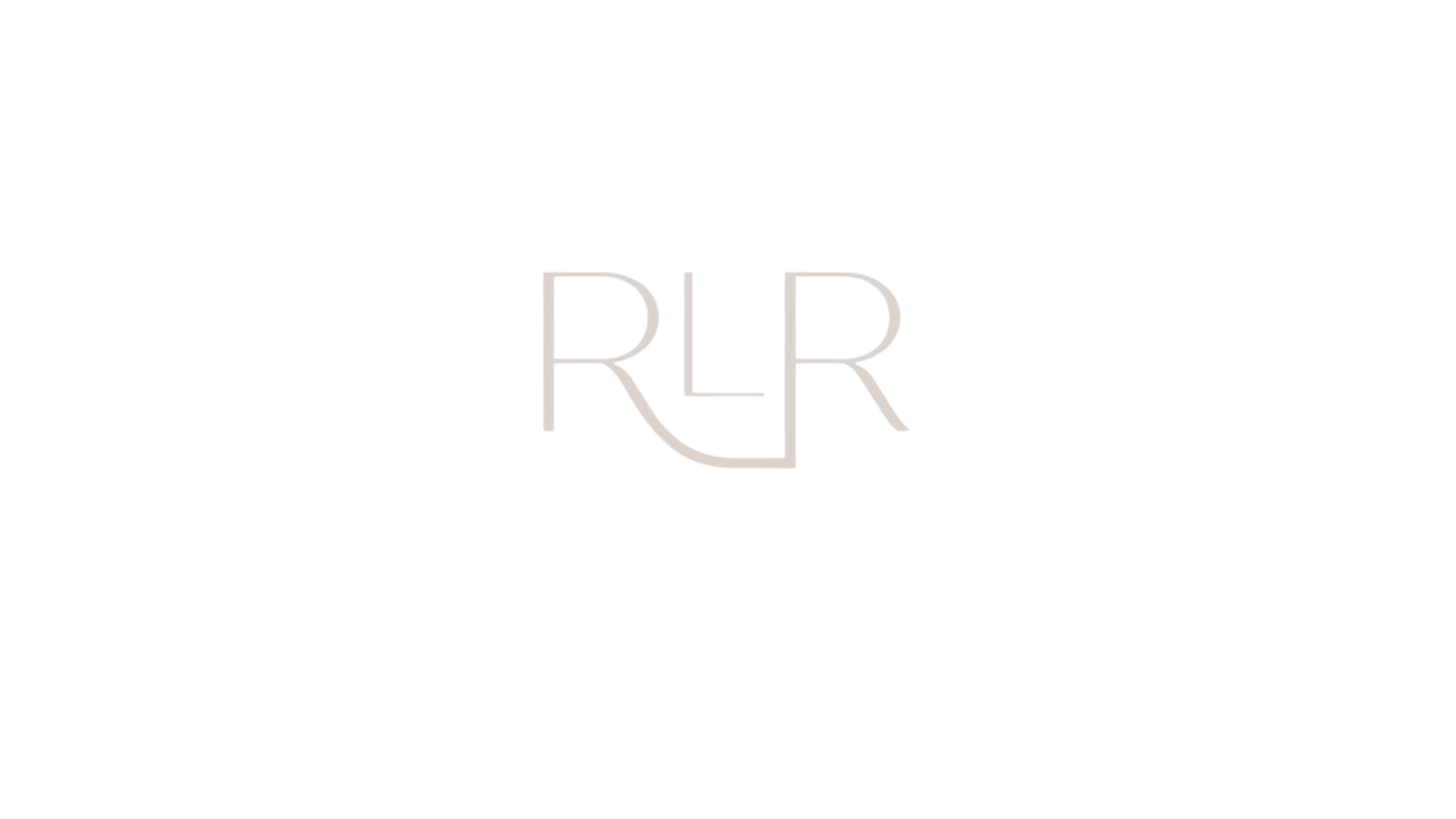Knowing your strengths
Becoming a good tennis player involves having and developing several mental abilities. The first of these abilities, to optimize individual performance, is knowing yourself.
Knowing what you are capable of, your strengths but also your weaknesses in the different aspects that create your tennis environment and this will allow you to make the right choices, to make better game plans, to be better and more efficient. But also to discover who you are in life, outside of the court, What is your real personality? How do you react when confronted with different situations in life in general? On the tennis court, a player is a reflection of the way he is in real life.
“Recognizing your strengths” yes but, “Recognizing your weaknesses” is also important, why? Recognizing your weaknesses means having an additional strength in your arsenal. In the end, in order to perform well in the court, we need to know ourselves well in our interactions with society, events, in our family environment and in the world of sports.
How do you get to recognize your strengths?
Knowing your strengths is first of all knowing yourself well, knowing who you are, or at least who you think you are. But in order to carry out this real introspection, all the knowledge, the insights provided by scientists or specialists in the field that you consider could provide you with essential information, can serve you as reference and help you recognize those strengths easier.
Learning to know yourself
Step 1: Introspection
It is necessary to have an external perspective on all the experiences that we live. Being capable of giving ourselves an auto-feedback about what we have just experienced, done, suffered, shared, generated, created and given… Identifying the good and the bad experiences. Differentiating between those that will make you move forward and those that will make you go backwards or stagnate. Knowing how to appreciate the people that support you in a positive way and those who you will have to thank, politely, but who will only waste your time. Because time is the key. Sport life and high level tennis life, the one where you have all the means at your disposal and where you are constantly searching to go beyond your limits is really short. A player’s career is always too short when you are constantly striving to be better every day.
Therefore, you have to learn to be efficient in your choices, to manage your encounters, evaluate, sort, choose, react and move forward. Move forward with the right choice, accept the less good ones, and bounce back.
Step 2: Being thirsty for knowledge in general
Being inquisitive, curious, knowing the theories, reading, searching, giving yourself the means to master certain subjects, to discover new horizons… If you put yourself in the tennis environment, having an external perspective on our way of playing and acquiring knowledge about everything that can help you become a better player. This additional knowledge that you give yourself the chance to acquire will make you save time.
How to develop your strengths and improve the efficiency of your game?
Evaluate your motivations
What are your motivations? Why do you spend so much time repeating some exercises over and over again? Why do you organize your whole life around those tasks, efforts, to the point of forgetting some of life’s pleasures.
Evaluating the reasons that motivate you is very important in order to be successful in the long run.
Understanding the challenges of tennis
It is also important to understand the challenges of this particular sport, in terms of the pleasure that it can give us and the frustration that it can generate. Understanding that it is complex, that you have to master a very complex technique. Hitting with a long, corded, light but not so easy to handle object. Moving and at the same time having to hit the ball inside a defined area. Reacting to an opponent and choosing the right shots in a fraction of a second. Understanding the need to be physically strong, tought, resistant, explosive, fast, flexible, coordinated, relaxed. Understanding the need to be mentally tough, having real motivations, accept failures and its frustrations, playing against an opponent and not against yourselves, controlling your emotions, being a conqueror, having a warrior’s mindset, being confident, being intelligent on the court, making the right choices according to your strengths and your weakness and those of your opponent. Understanding that being a tennis player, is above all being a player.
Tennis is a game in which you need to know the rules, its constraints, its negative side, integrate the tactical aspects, create the right reflexes, the right habits and play with instinct. You would never know if you really have all the qualities that you need and how far you can master them until you start playing tennis. You either adventure yourselves into the unknown or you just trust blindly. You would never know if your character and your personality will be able to overcome the countless challenges that this game presents.
Work comes first
The value of “work” is a strength in your personality that will allow you to create many others. You can develop your potential and your future strengths in the game by working more than others. Repeat your sequences constantly. Be a perfectionist and care about the utmost details and this will become one of your weapons.
How do we know if we have certain strengths or not?
Victory
Winning more often than losing, since losing is part of the game, is what will prove the real existence of your strengths.
Victory alone tells you whether the knowledge you have of yourself or of the game are real strengths. So yes, you can also be right if you think that some of your strengths are real and acquired, despite losing from time to time. Because despite everything, it could be that the strength of your opponents is superior to yours sometimes. Or that you were not able to use your strengths at a specific moment, during a match. Either because you were not in shape that day, or because the opponent knew how to avoid them and impose his own game and that’s why they didn’t have the impact that they normally have.
How we see ourselves
If winning is a concrete indicator of your strengths in a match or competition against your opponents, believing you have certain strengths can also affect your performance.
Believing in one’s strengths, believing in yourself, is above all being aware that you have put a lot of effort and work in building these strengths. It is about building the foundations of the confidence which is essential for a player in order to be performant .
Beyond the pure technical strengths (technical or physical), something that you should understand and keep in mind is that your strengths could be different from what you expect or that they could change from one day to the other. That should be set in stone for each game that you play, it is very important that you are aware of it. The beginning of a match is a decisive moment to establish a certain balance between the strength of a player and his opponent. This balance will change constantly throughout the match. It is therefore a matter of preparing a game plan in order to impose your strengths. Some of them will be absent of course, others will be even more present than what you expected. You will need to make 2, 3 or even 10 shots, but be sure that each experience is unique. So take advantage of each one of them, appreciate everything that each one of these matches push you to do or not to do. It is that marathon of experiences that will ultimately give you a foundation and prove your strengths. Remember, that the main strength that will help you be efficient, is humility to understand the instantaneous and fluctuating nature of the sensations or the representations of them, of this tennis material, which is never completely acquired but never completely lost at the same time.





